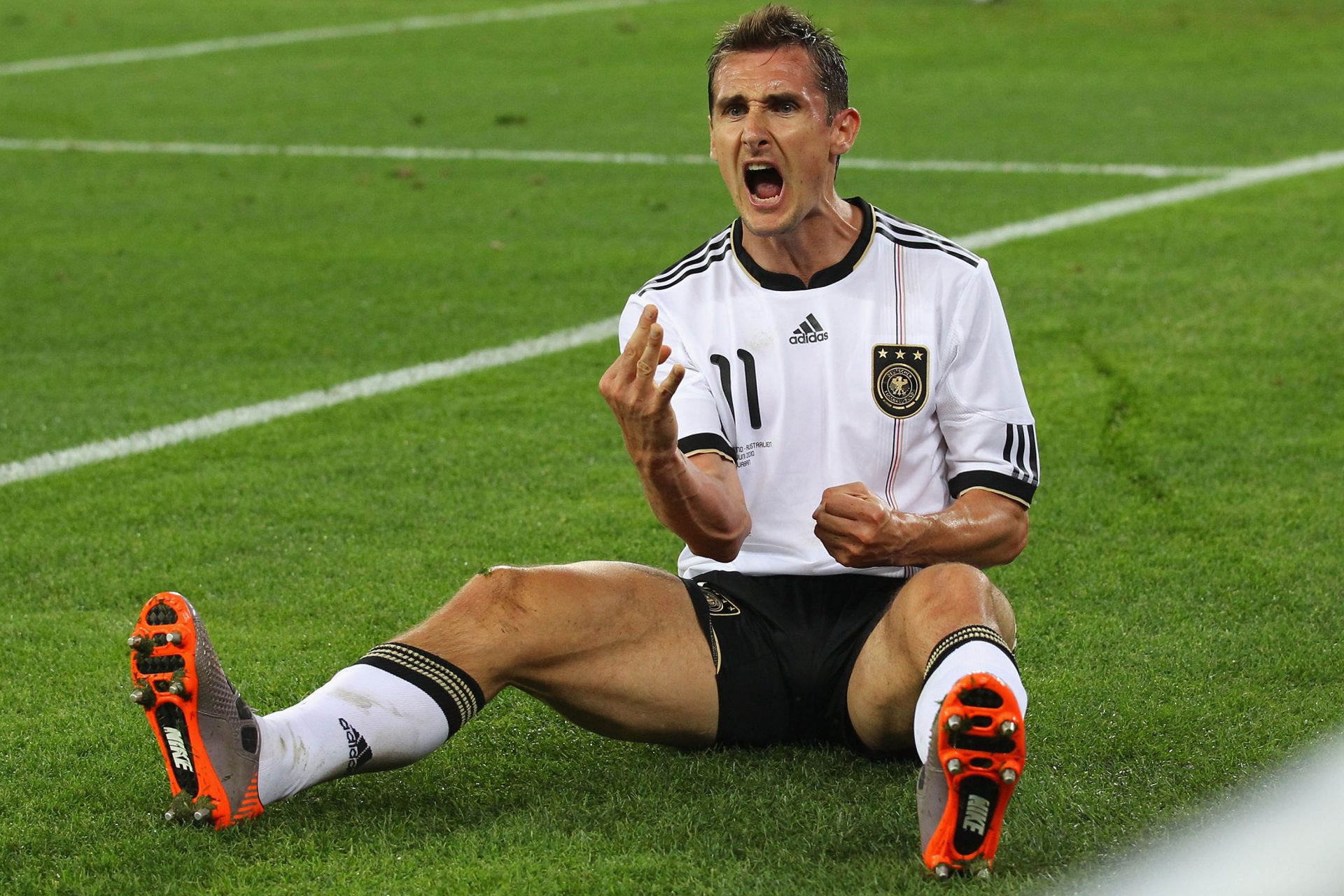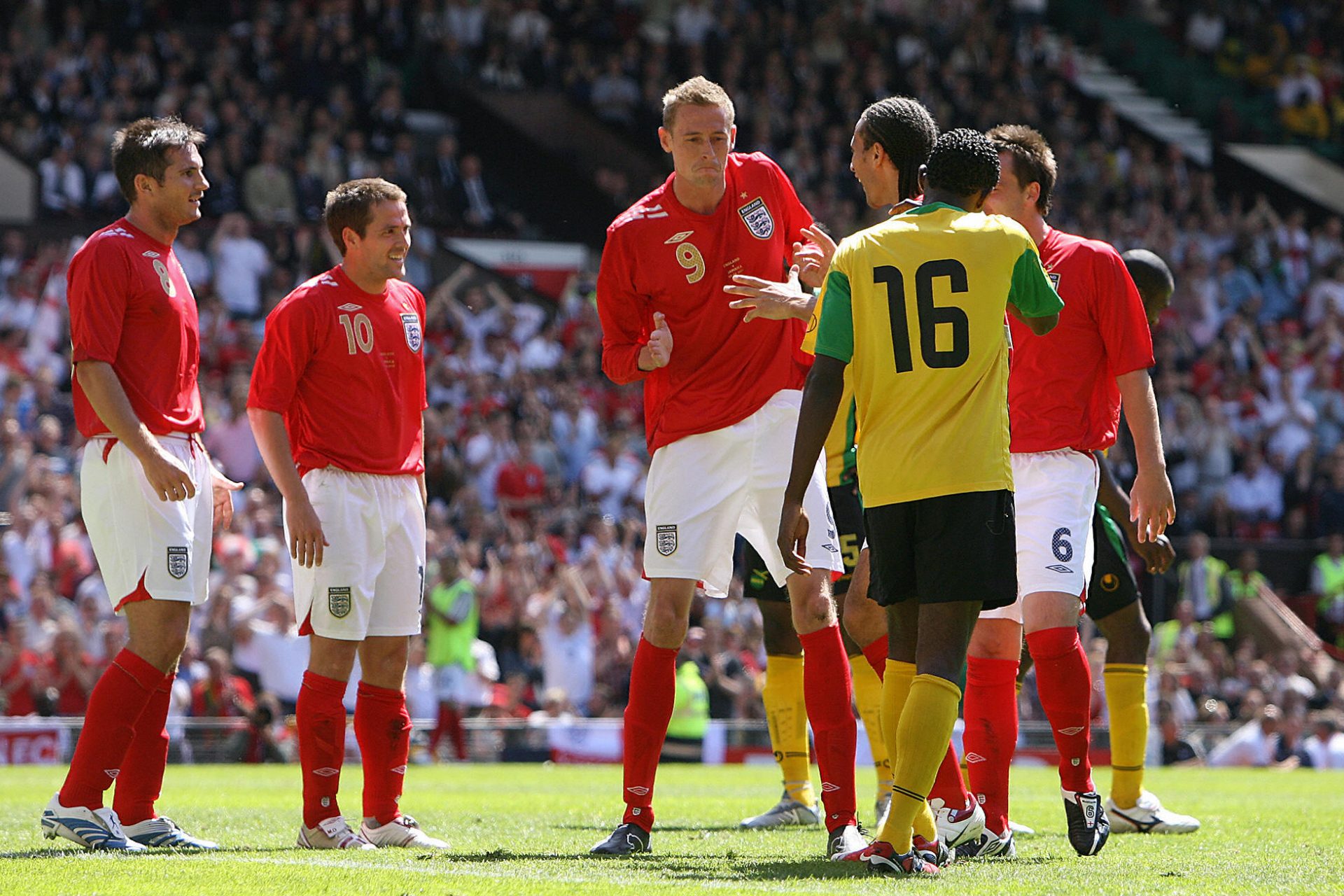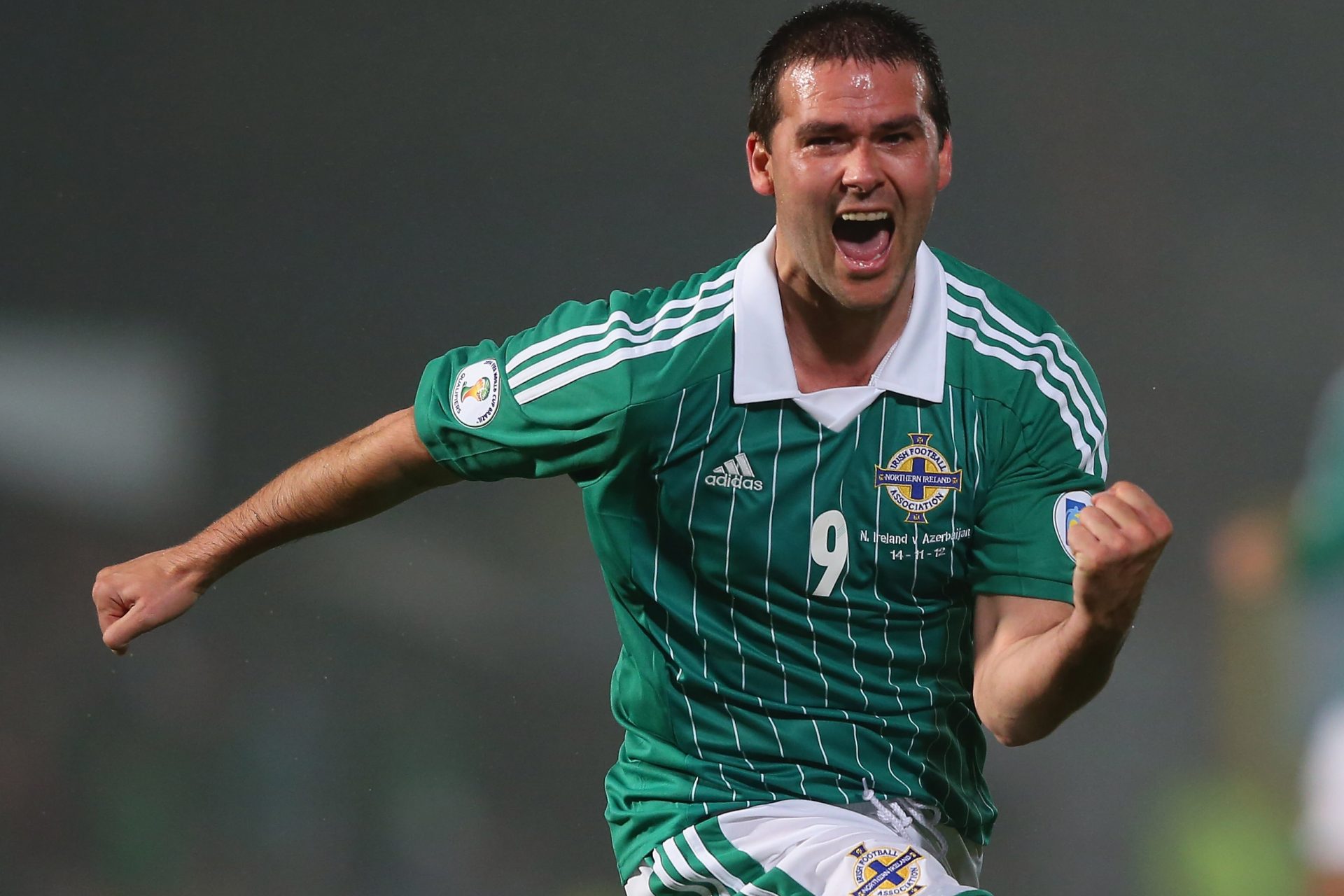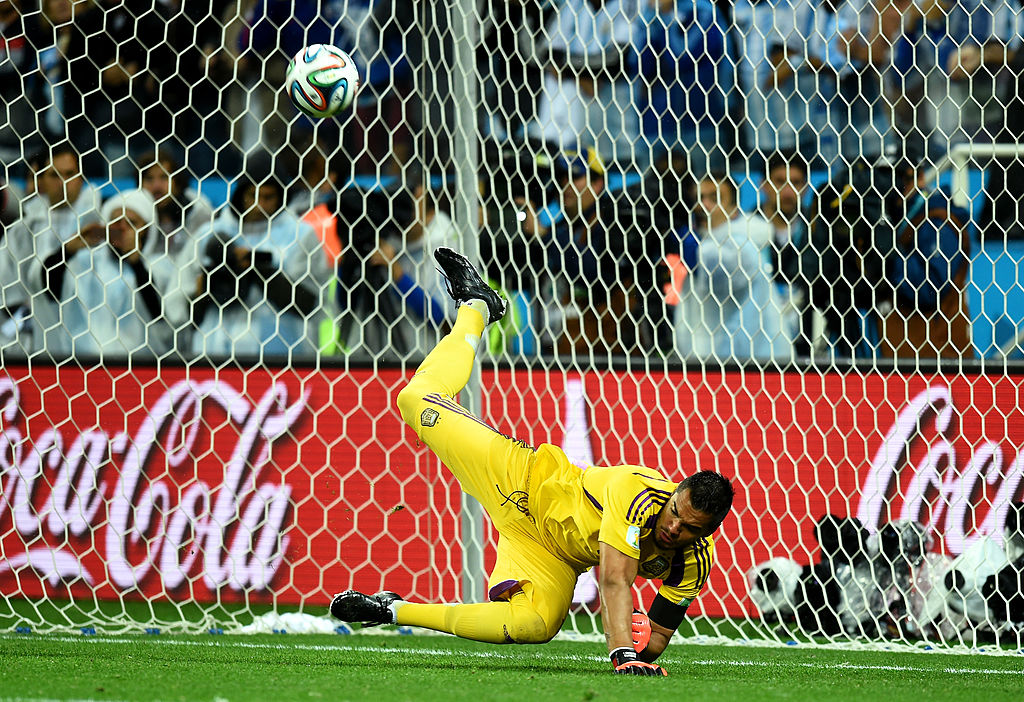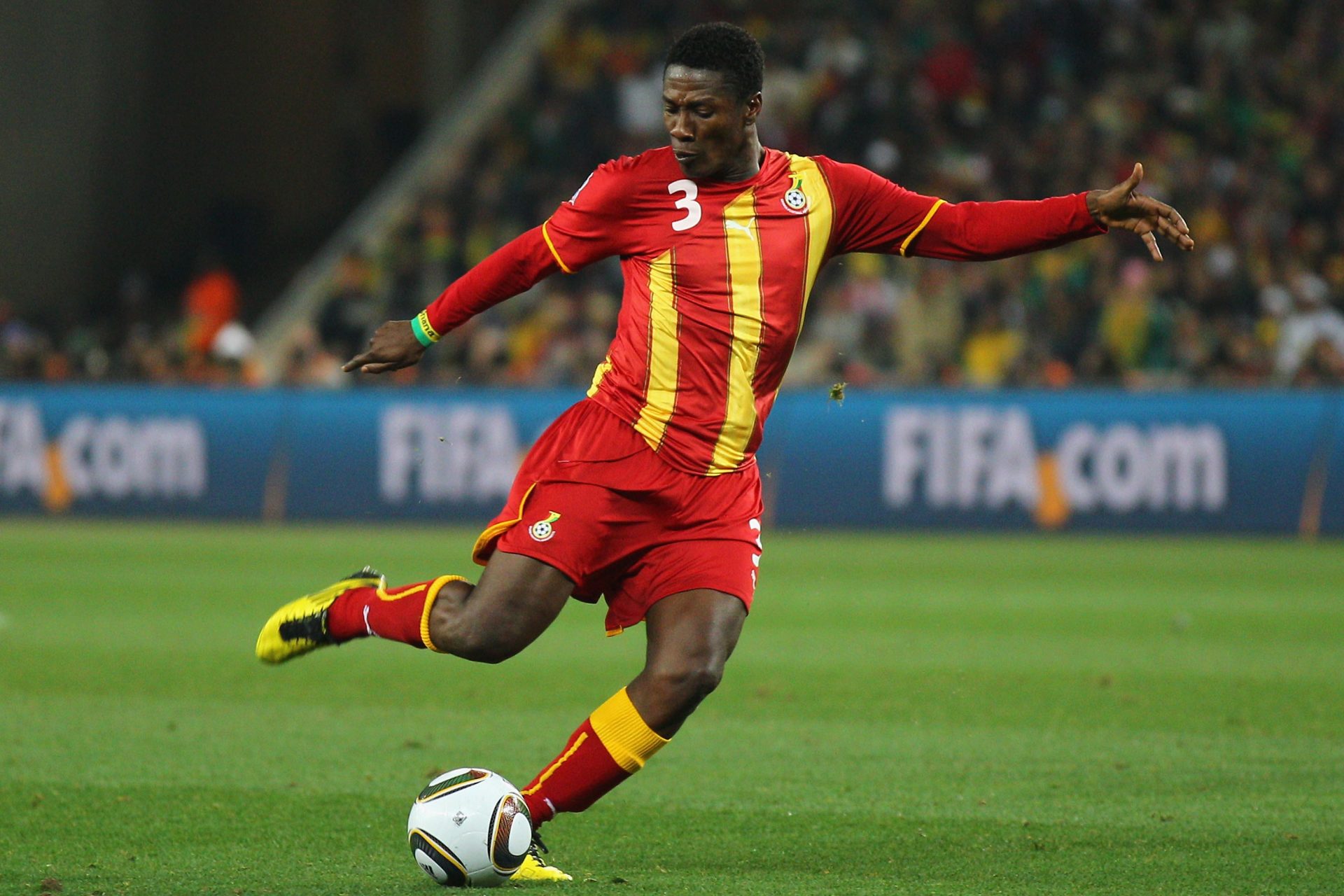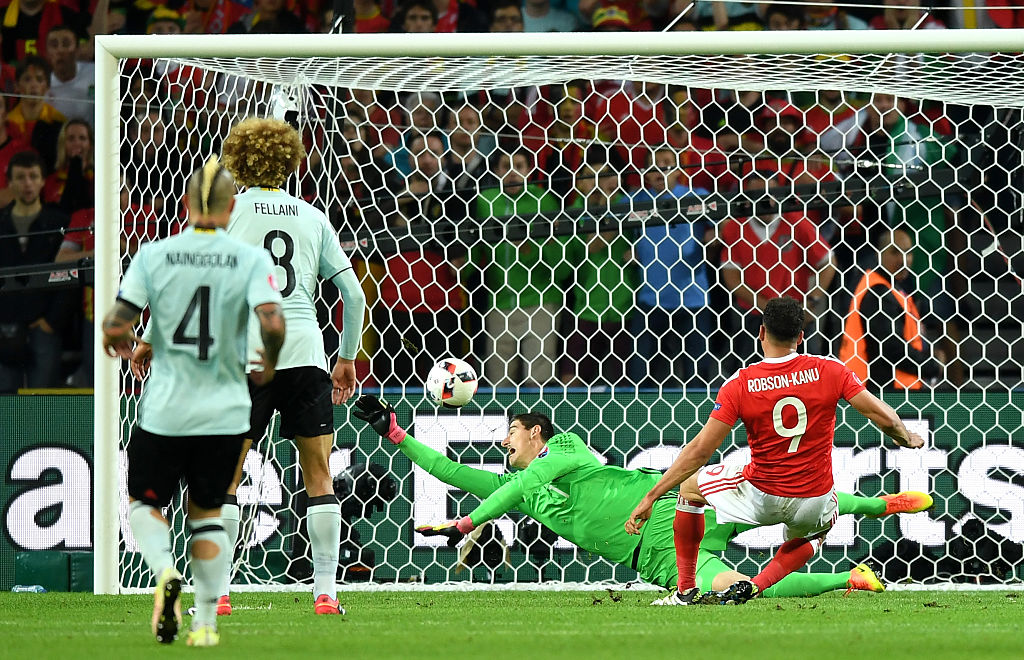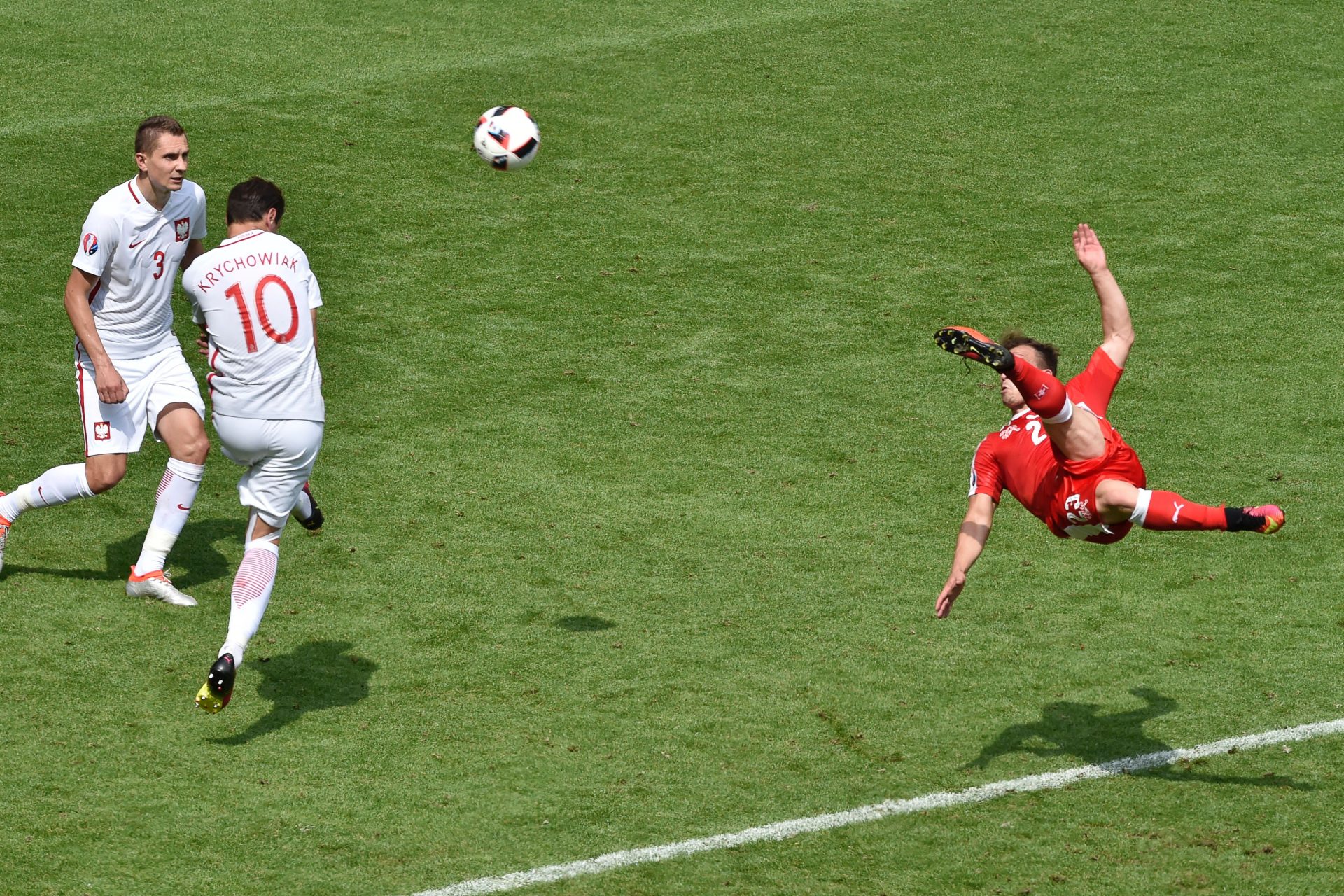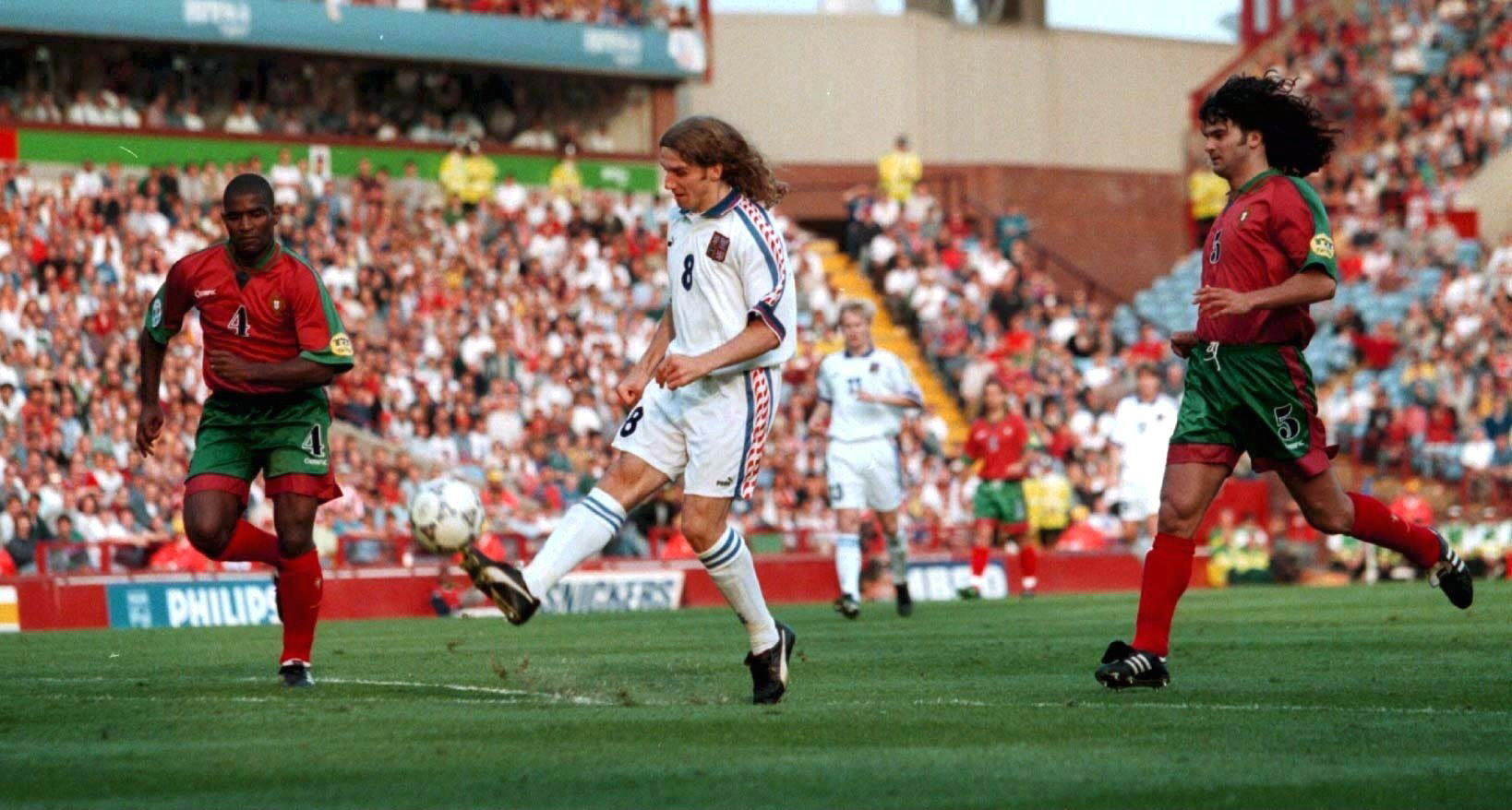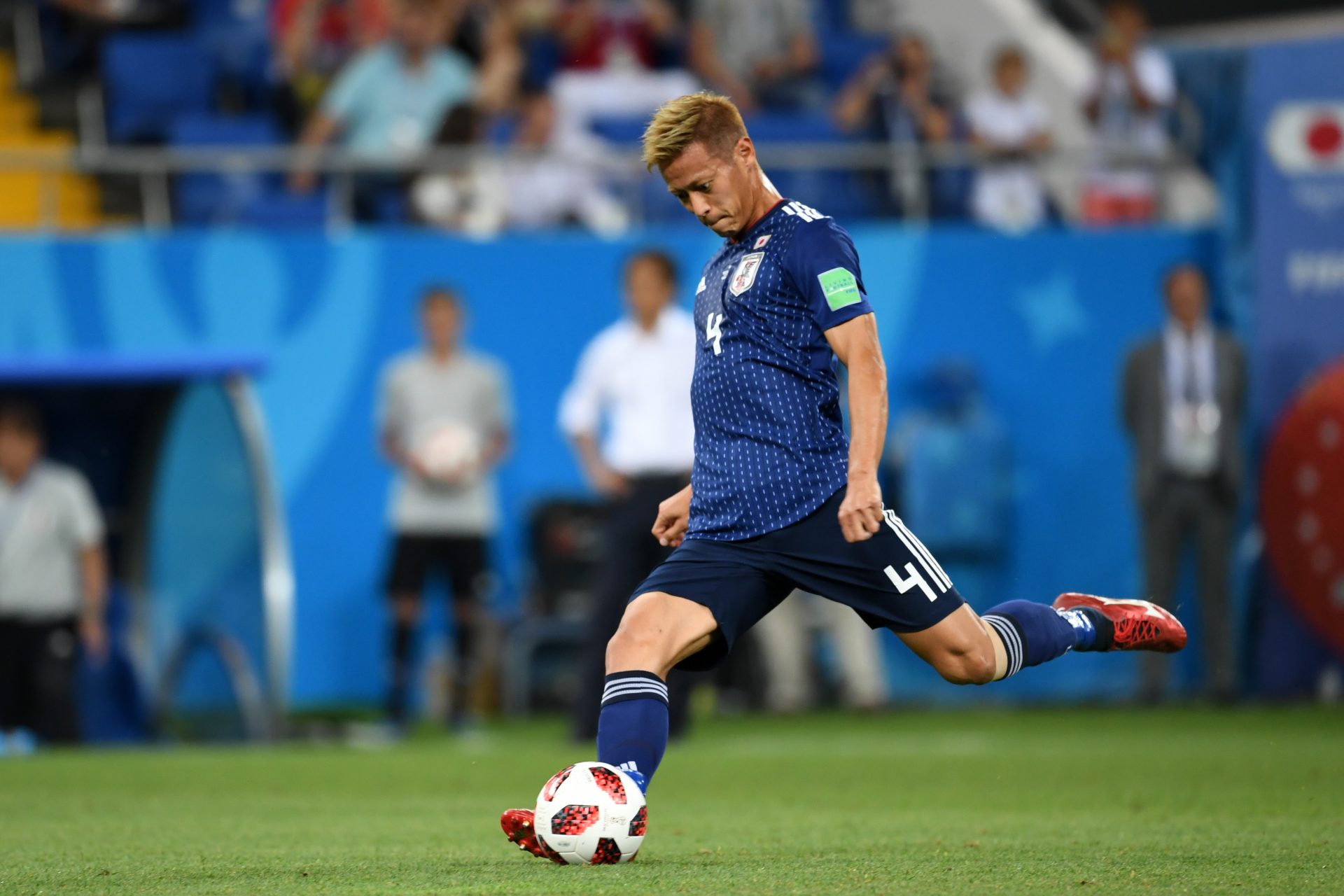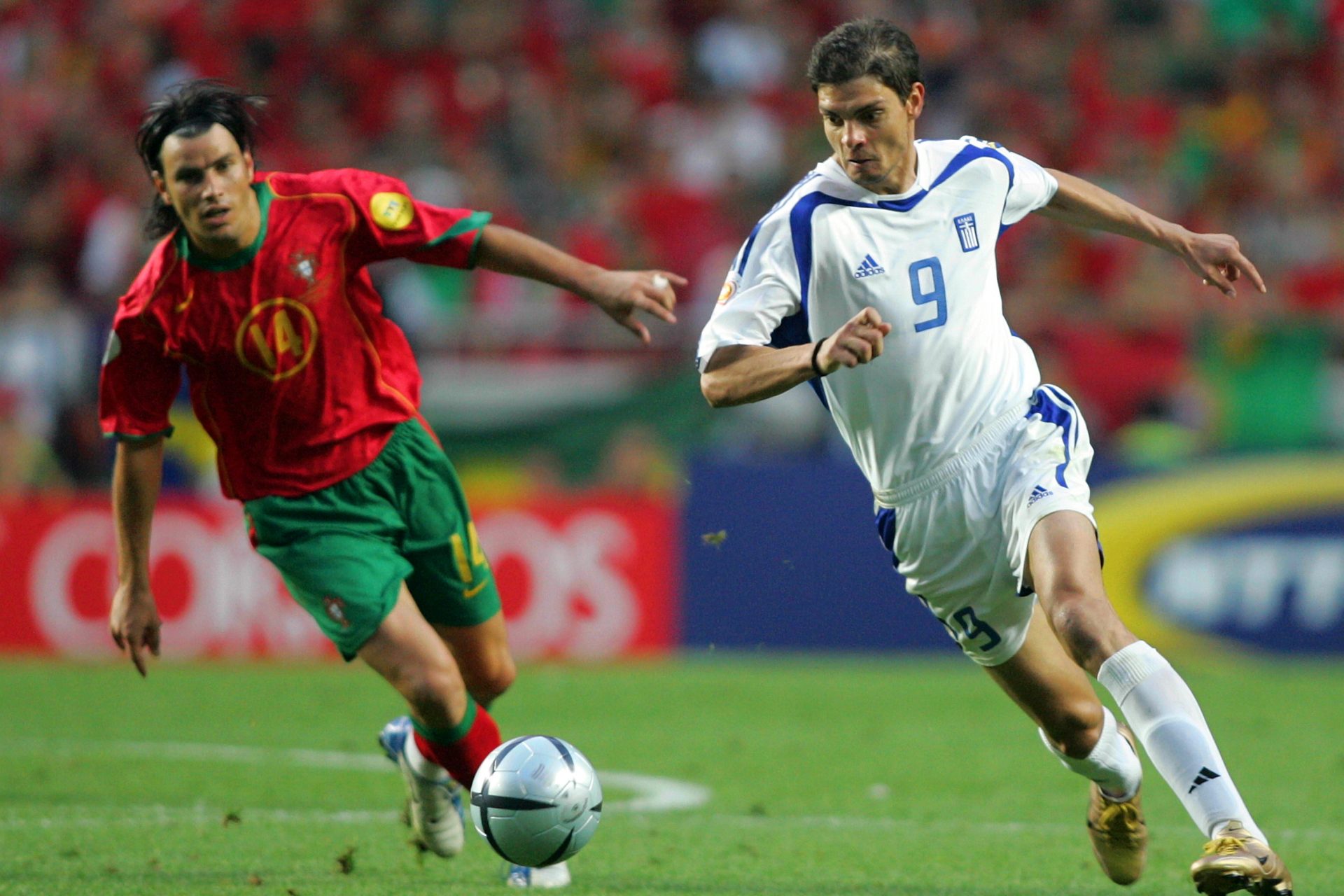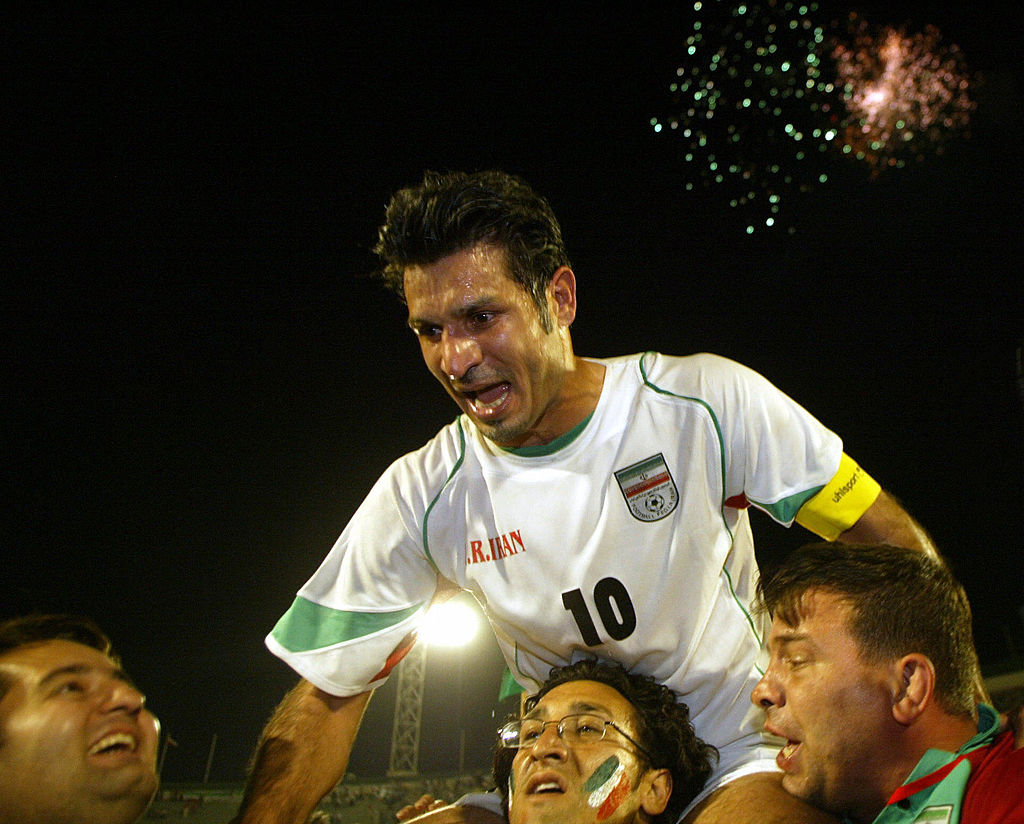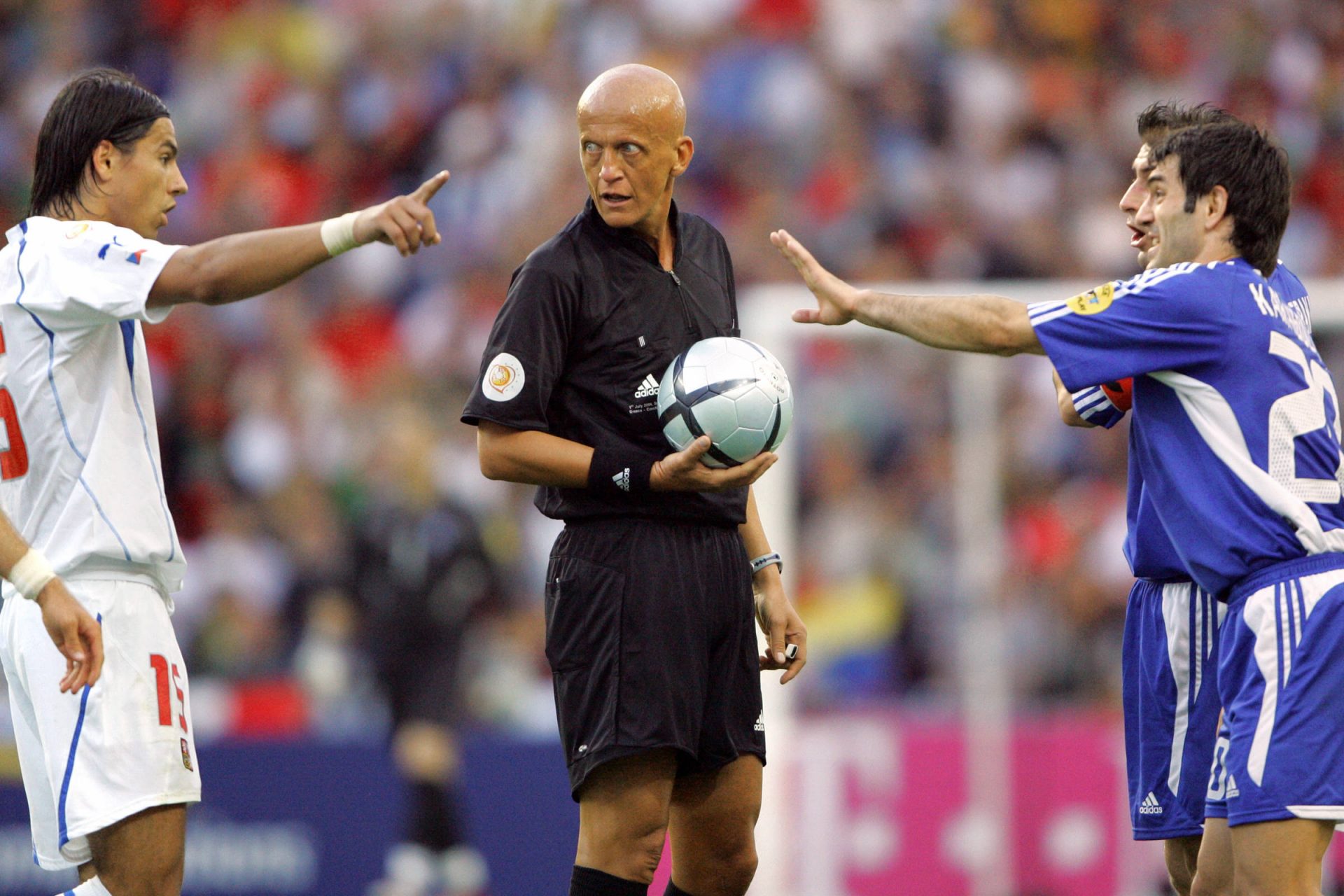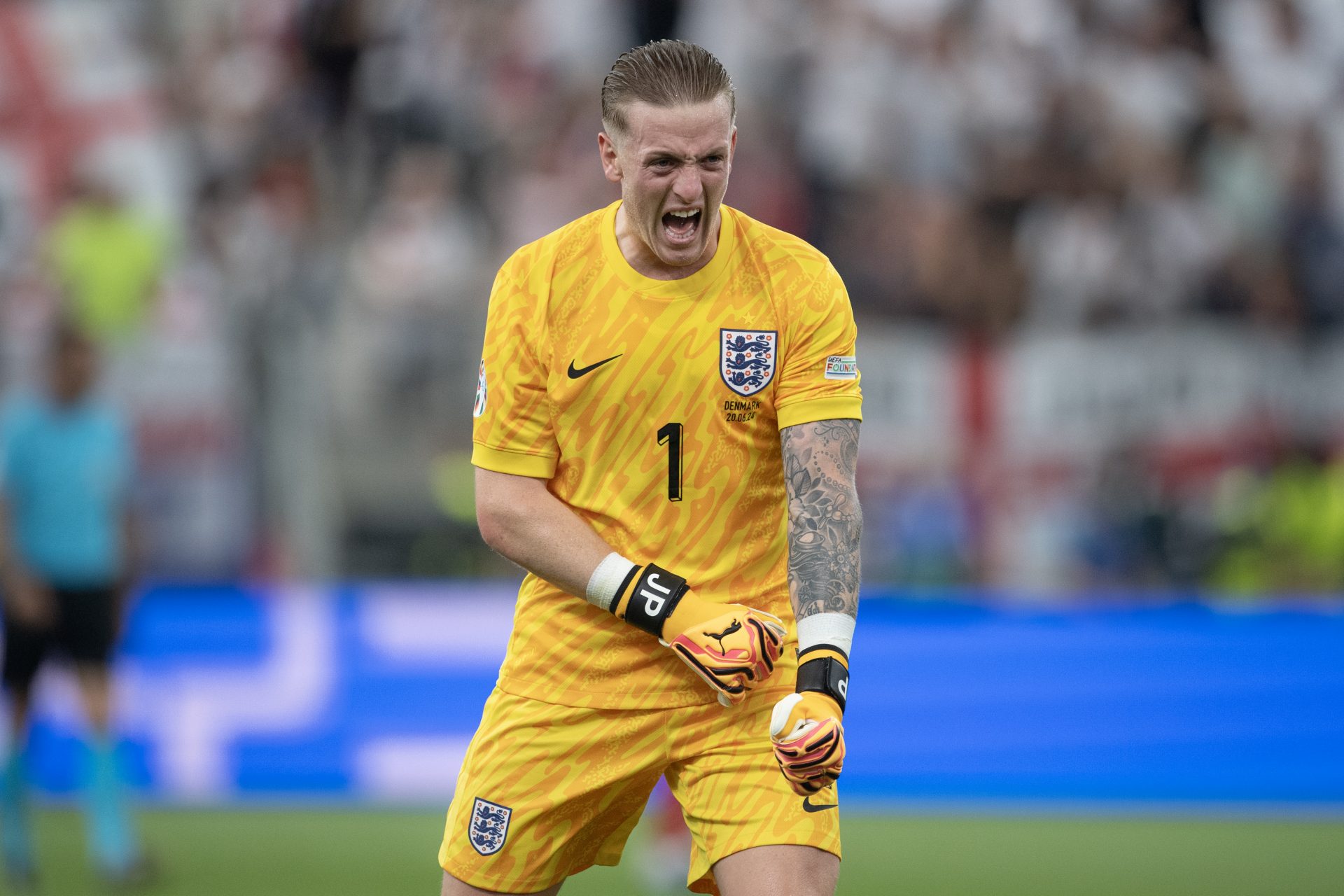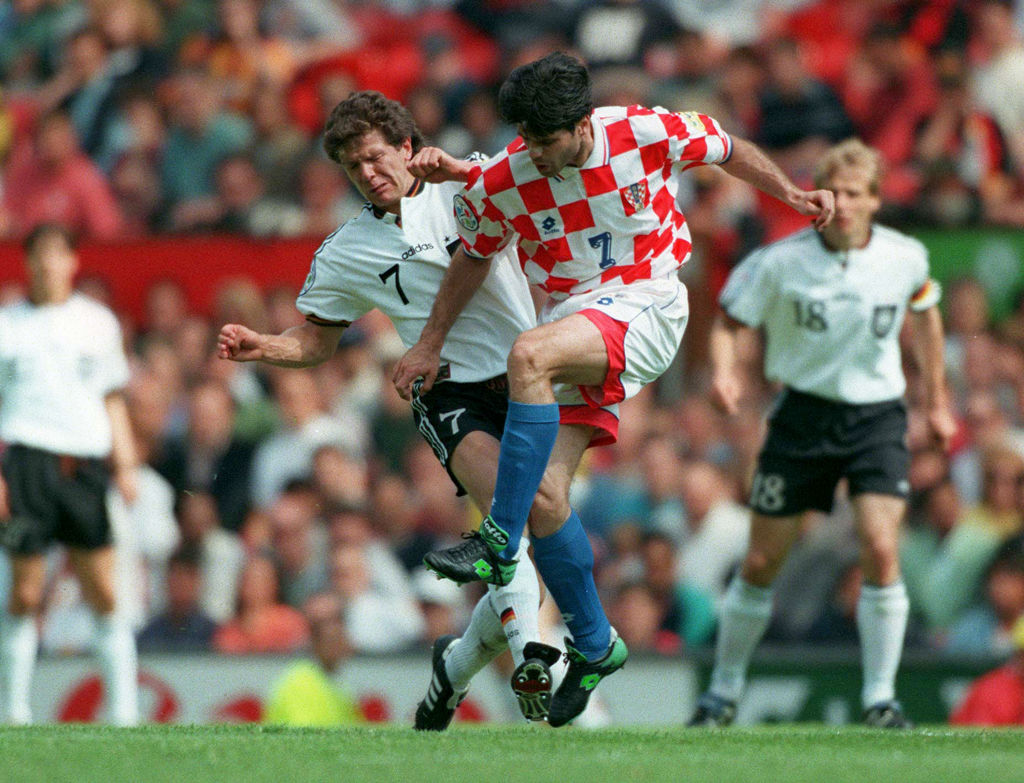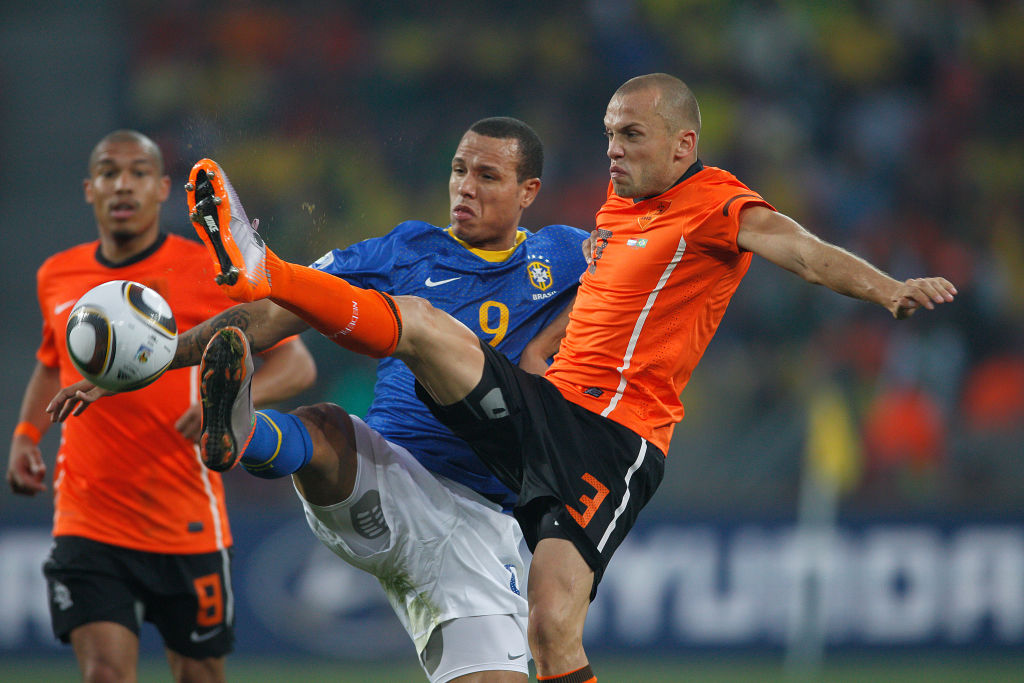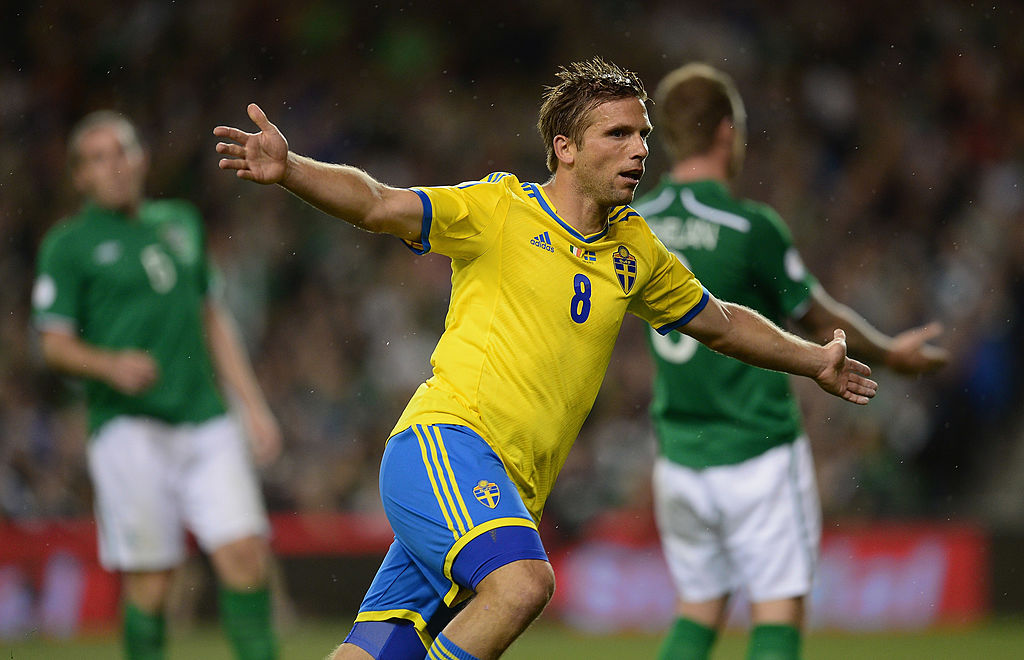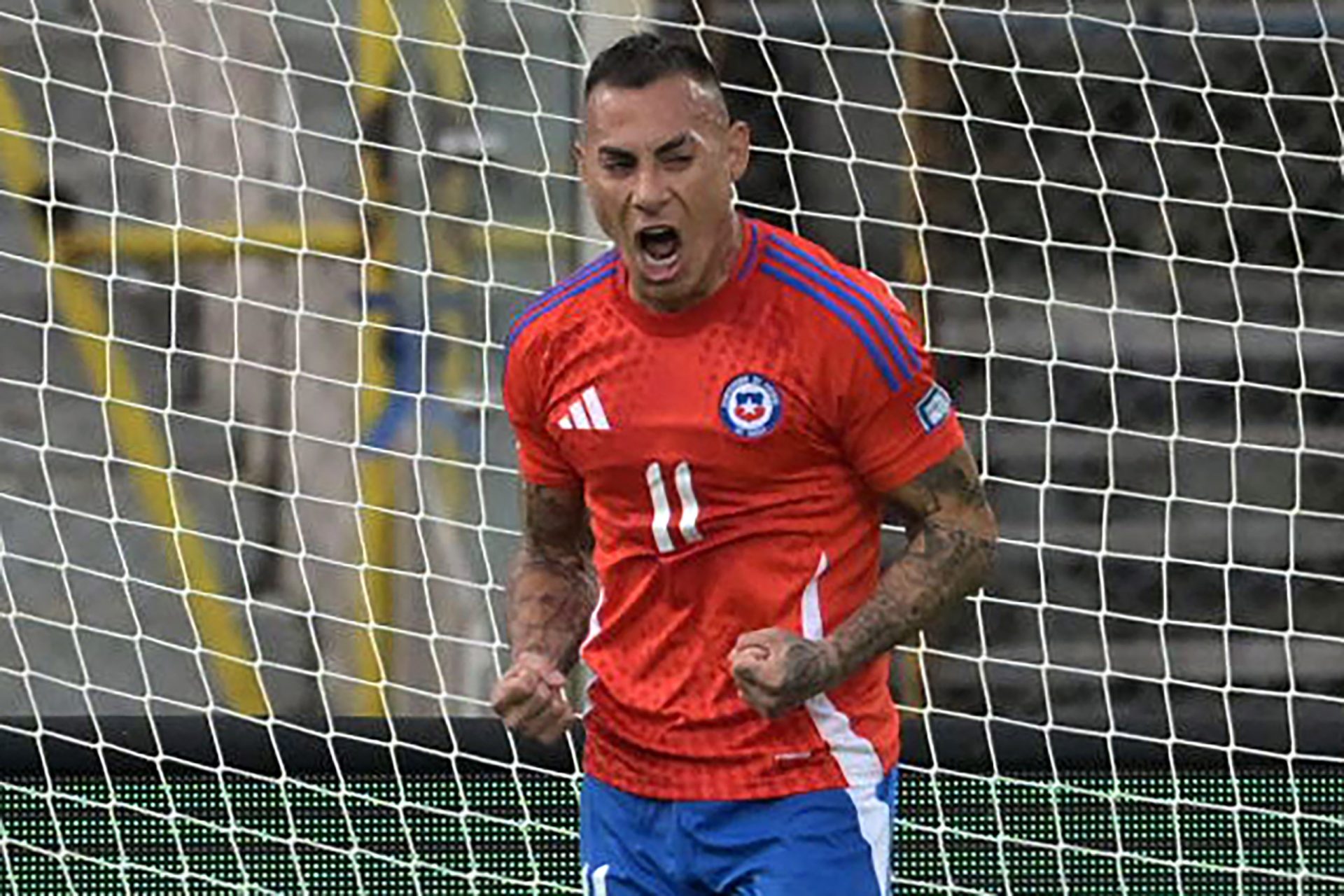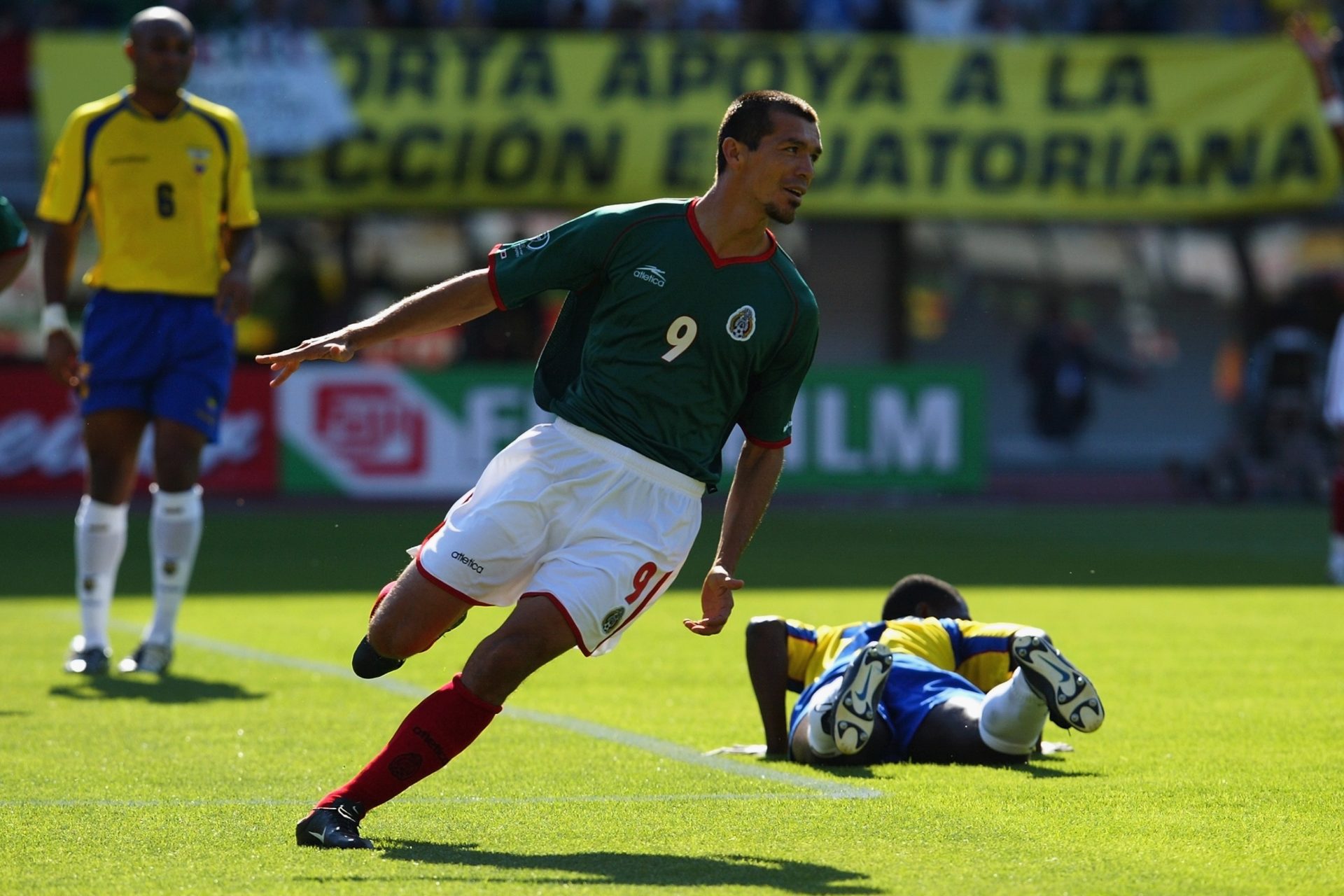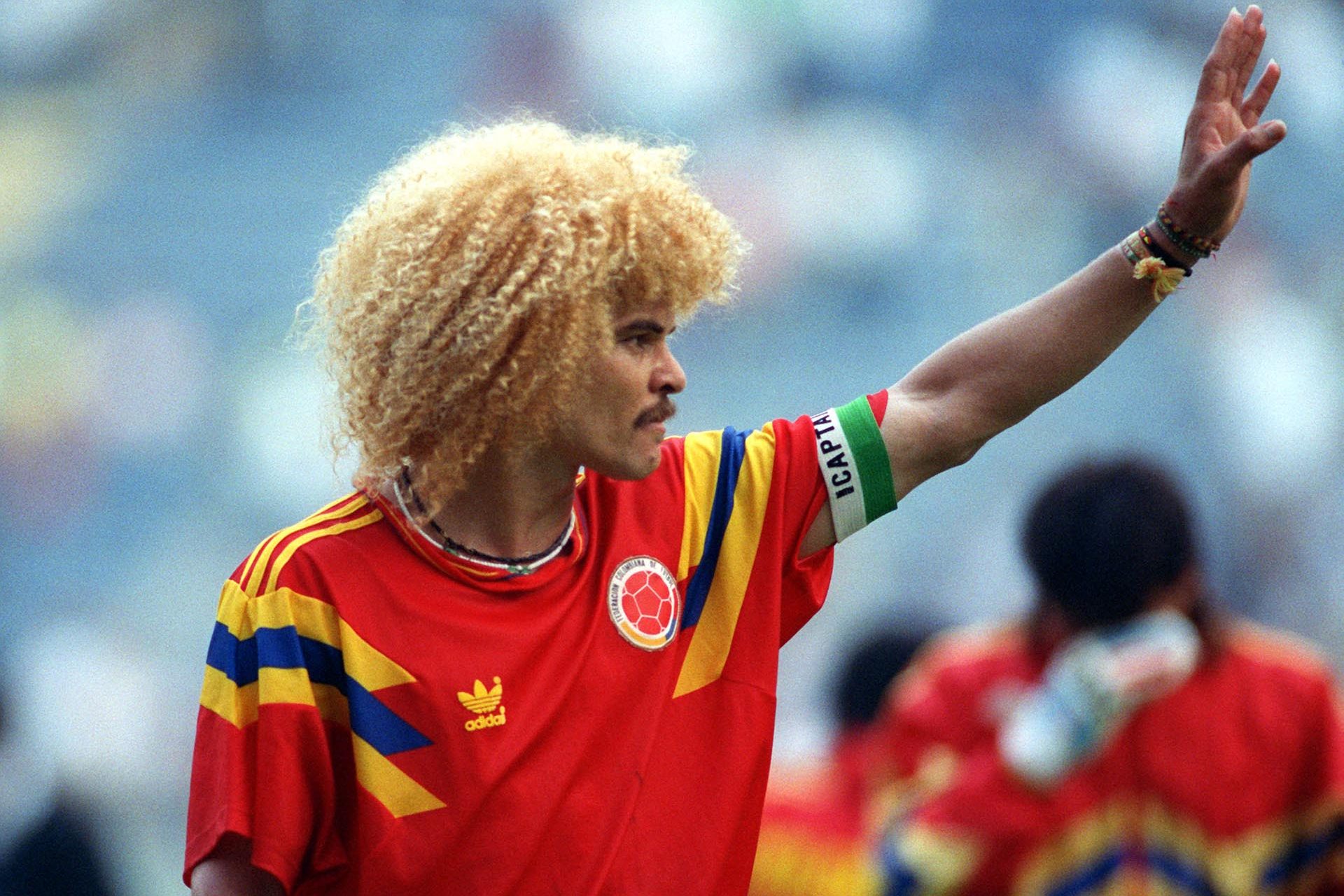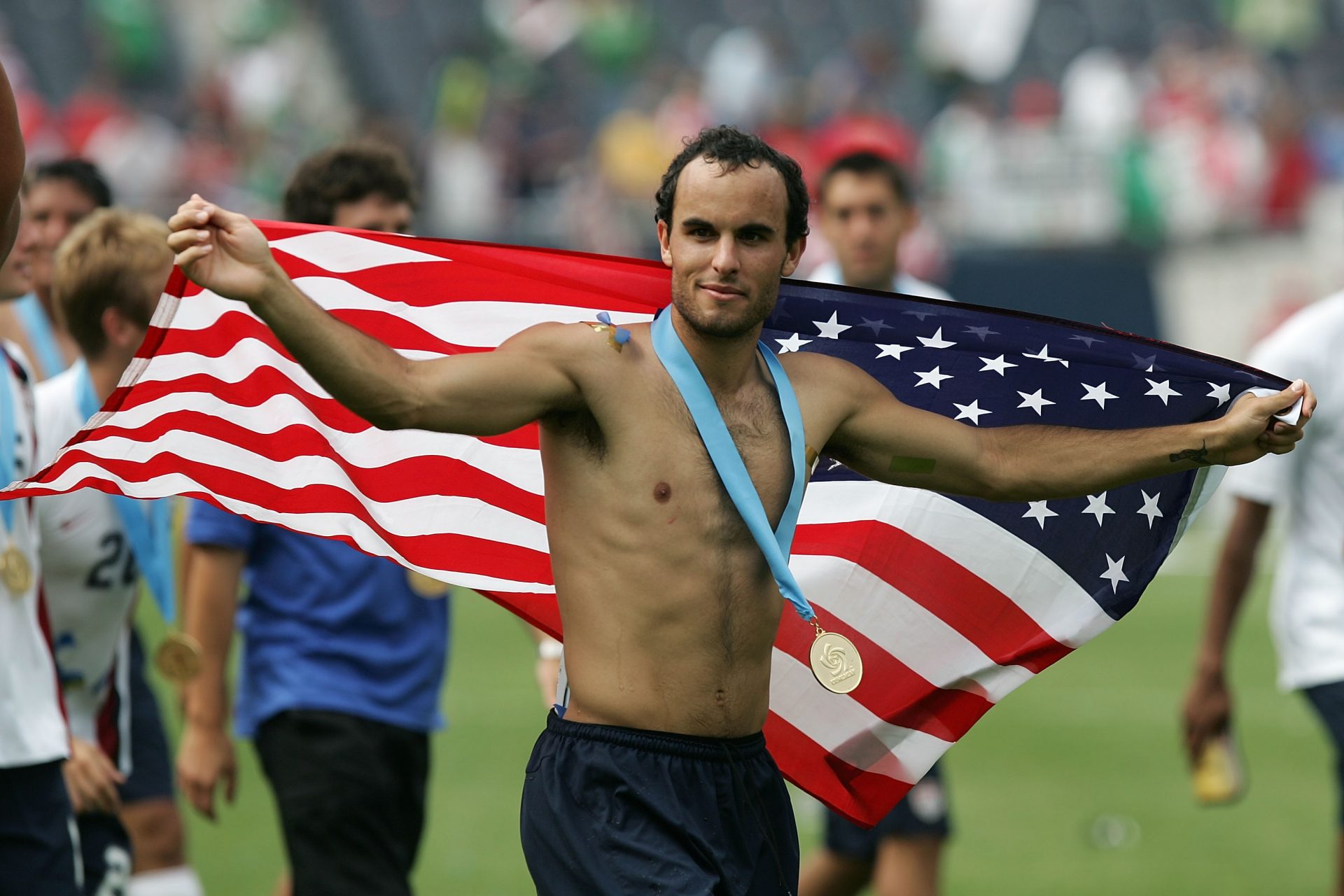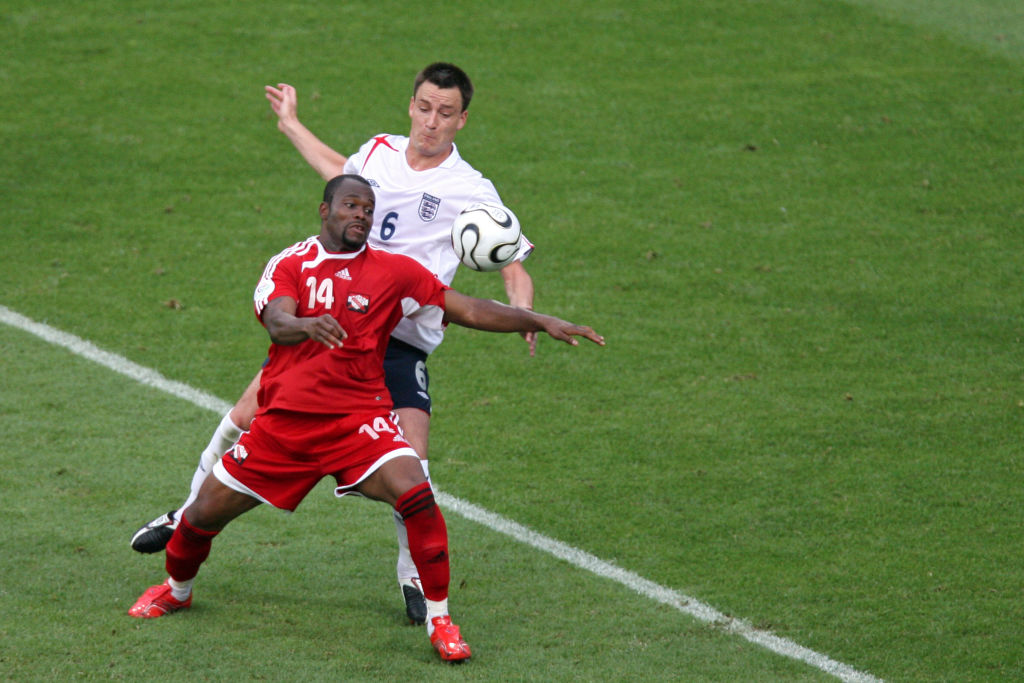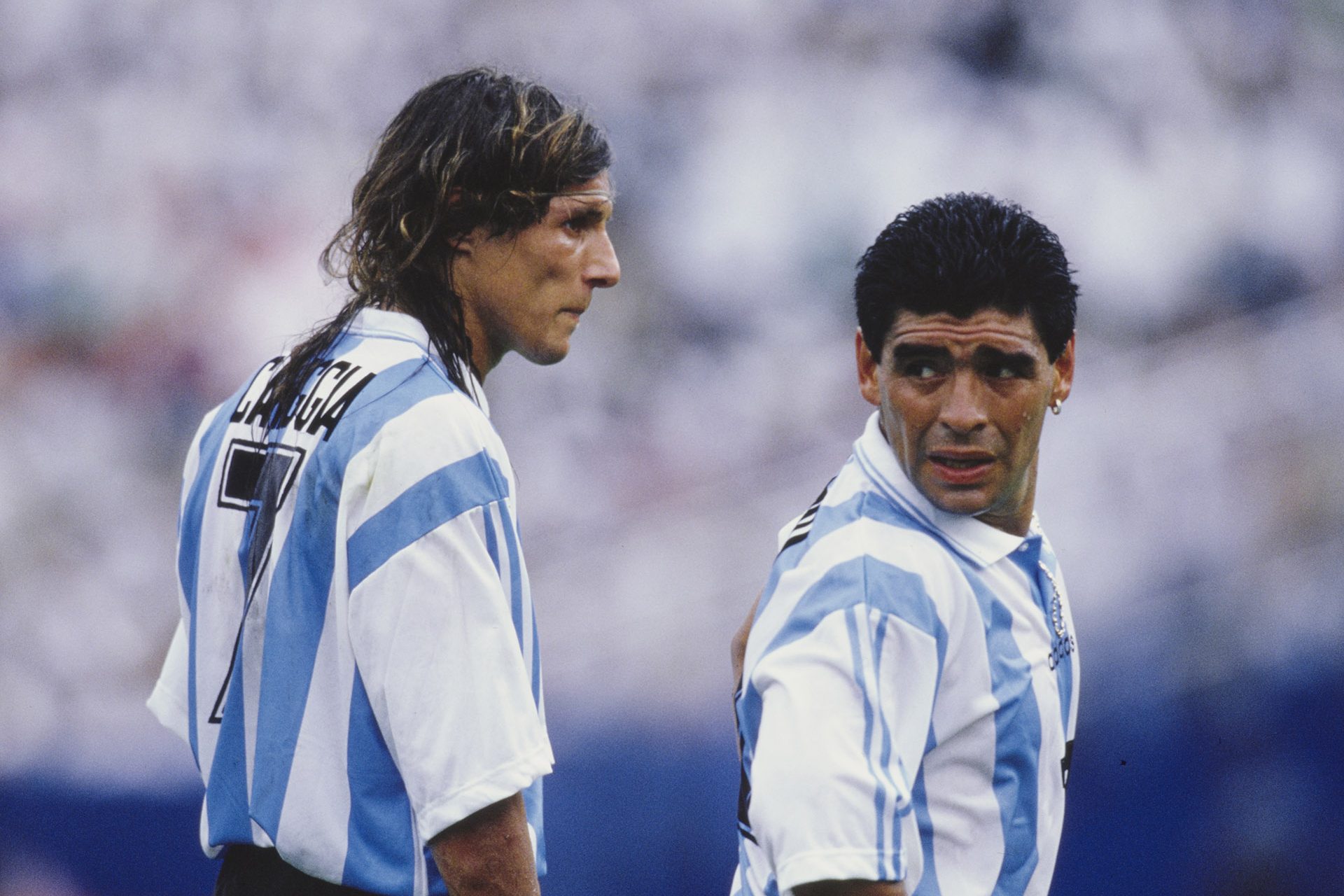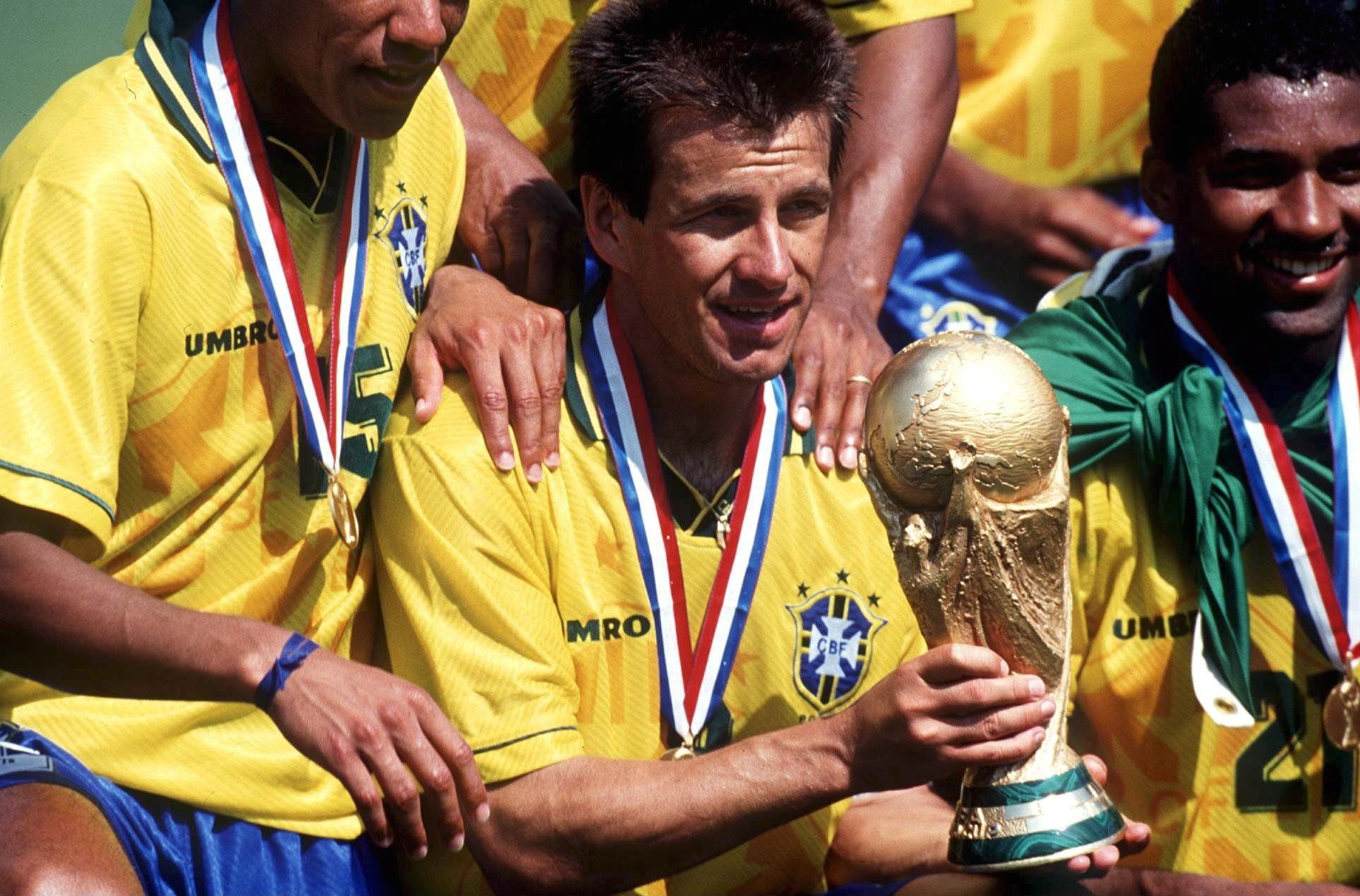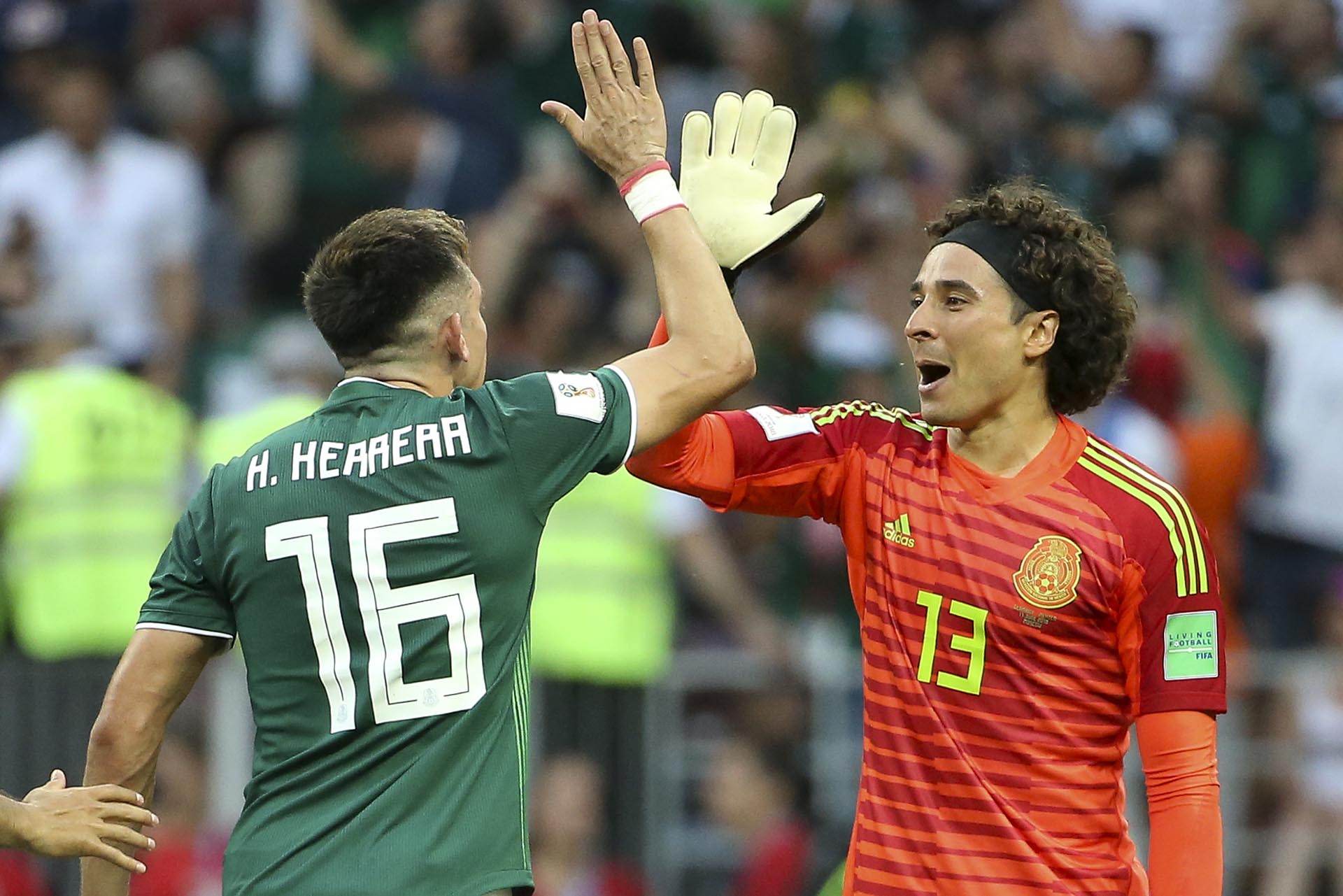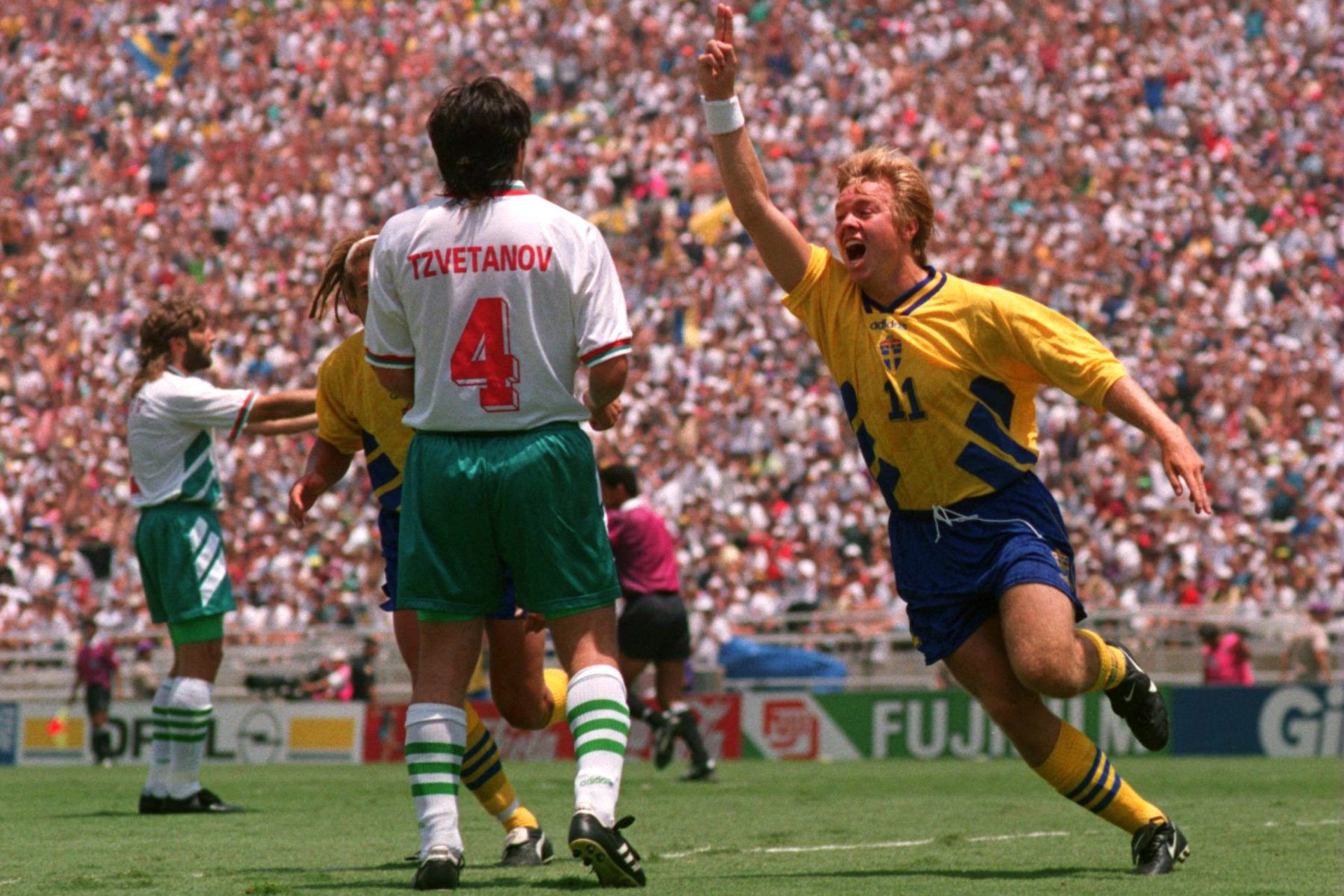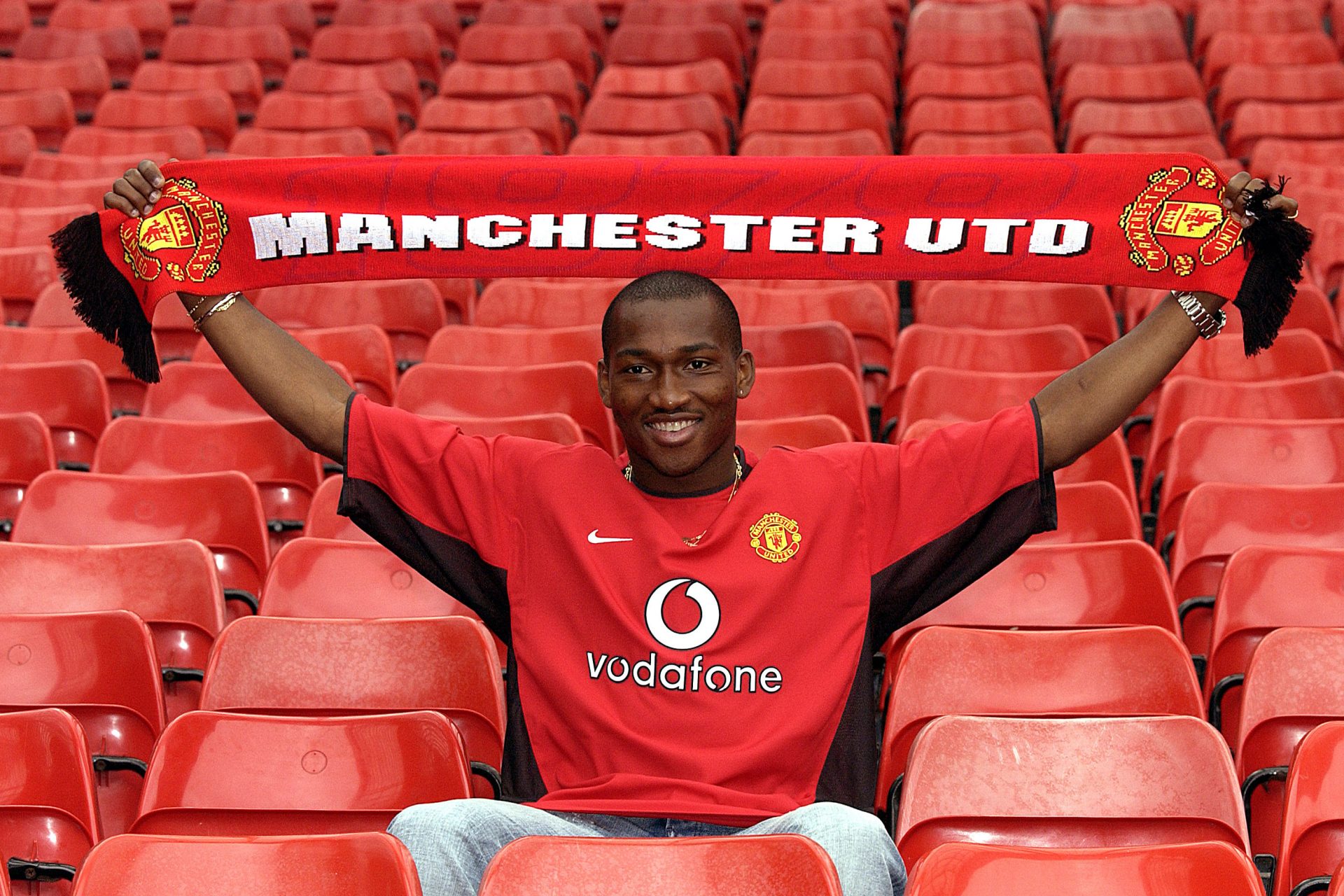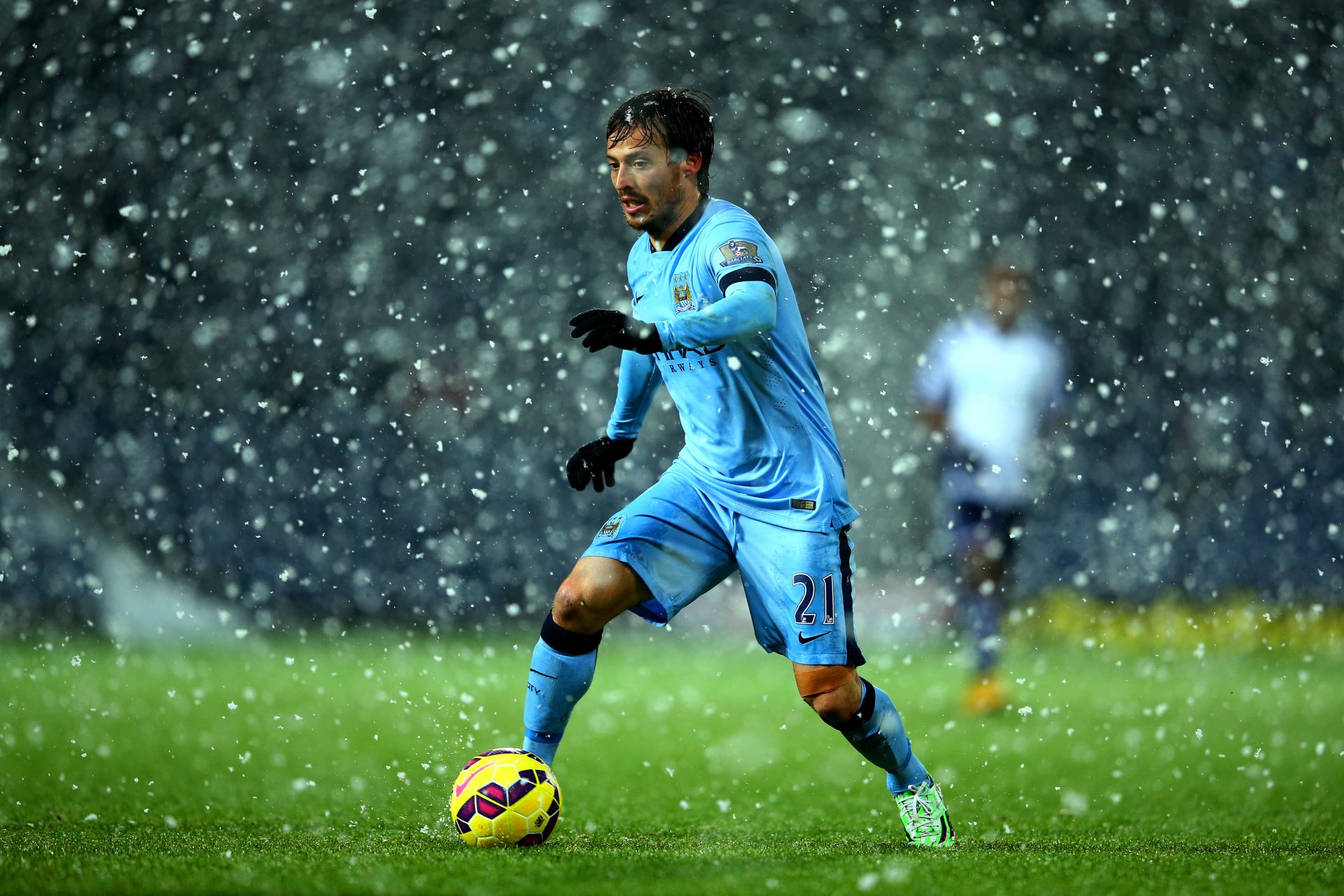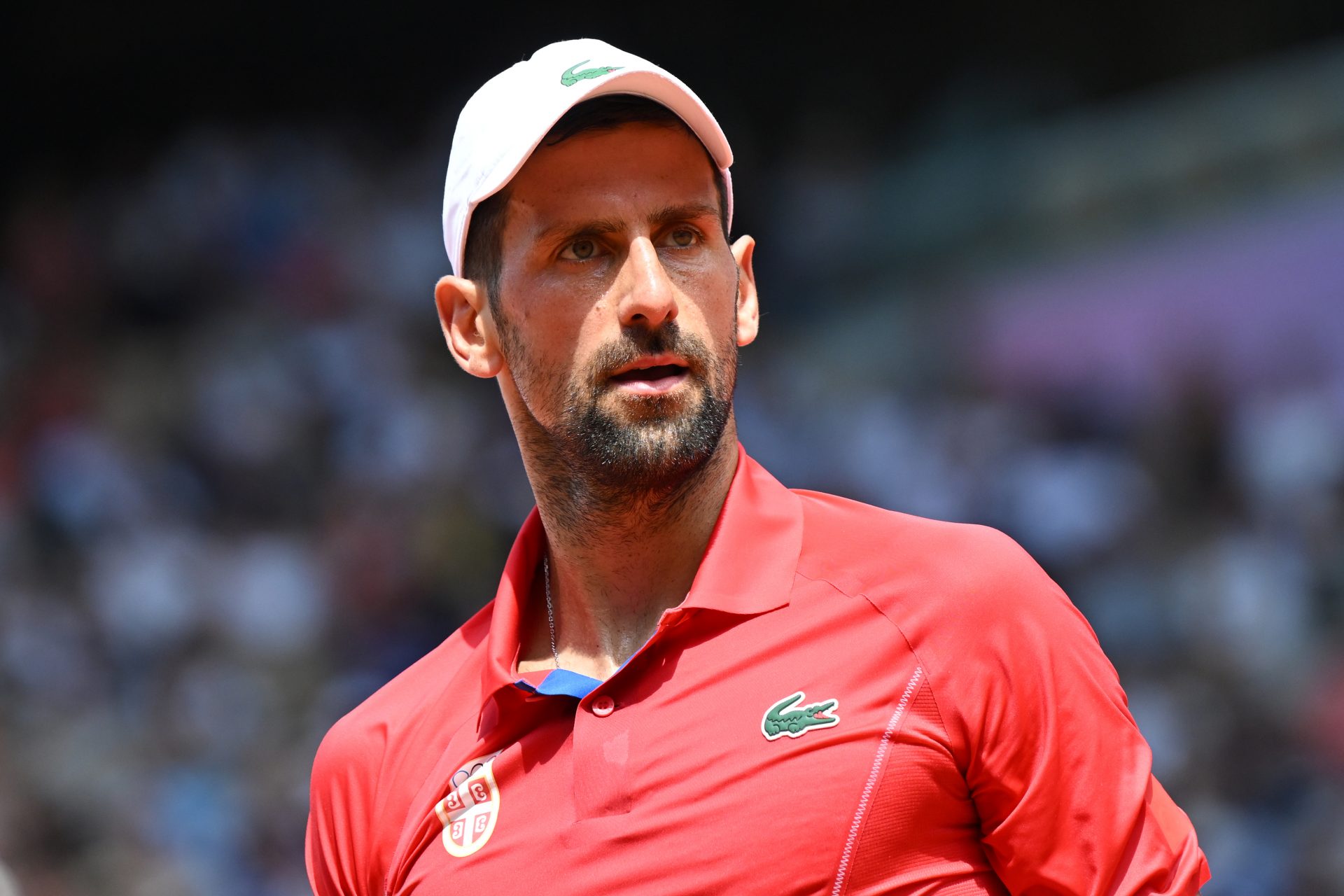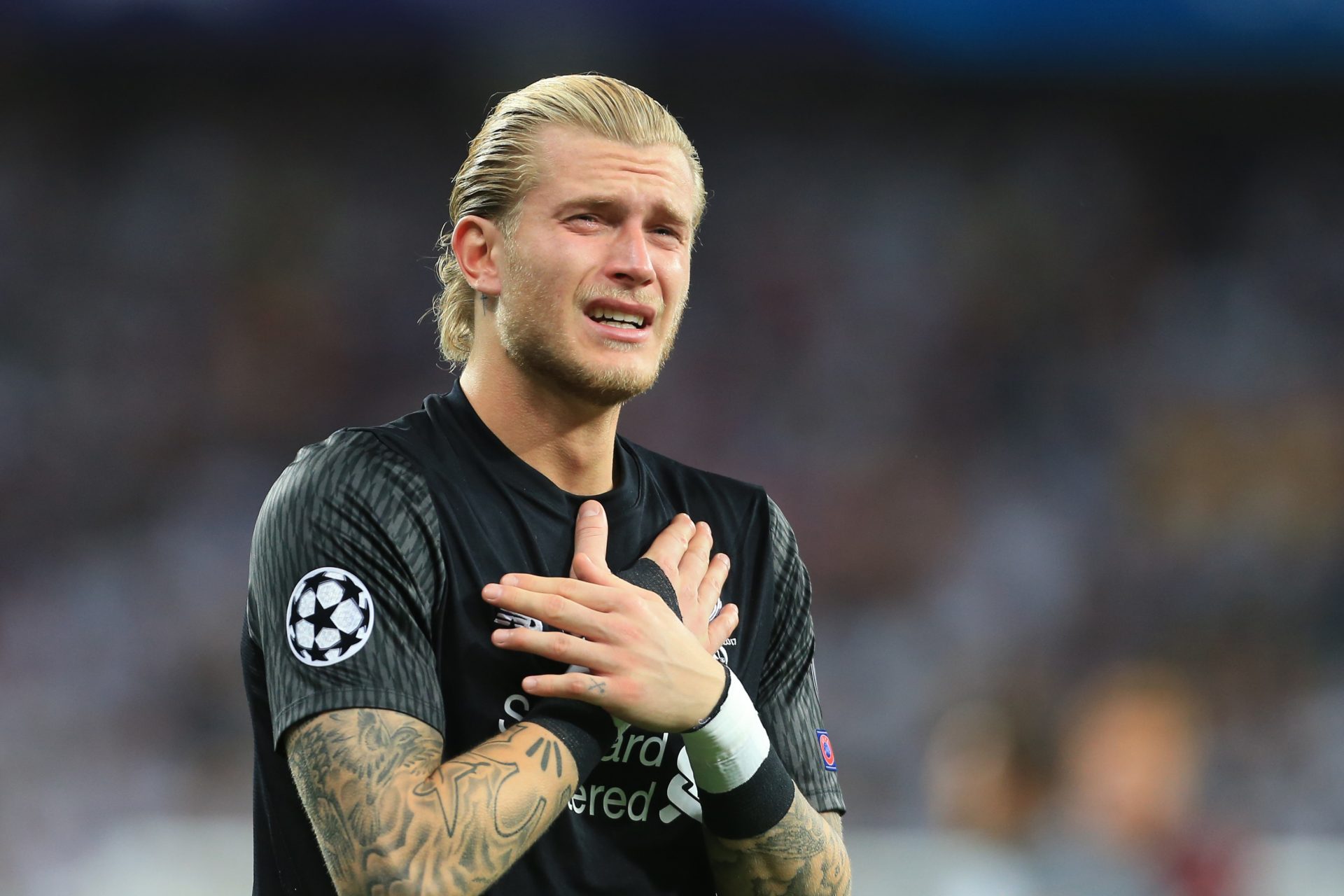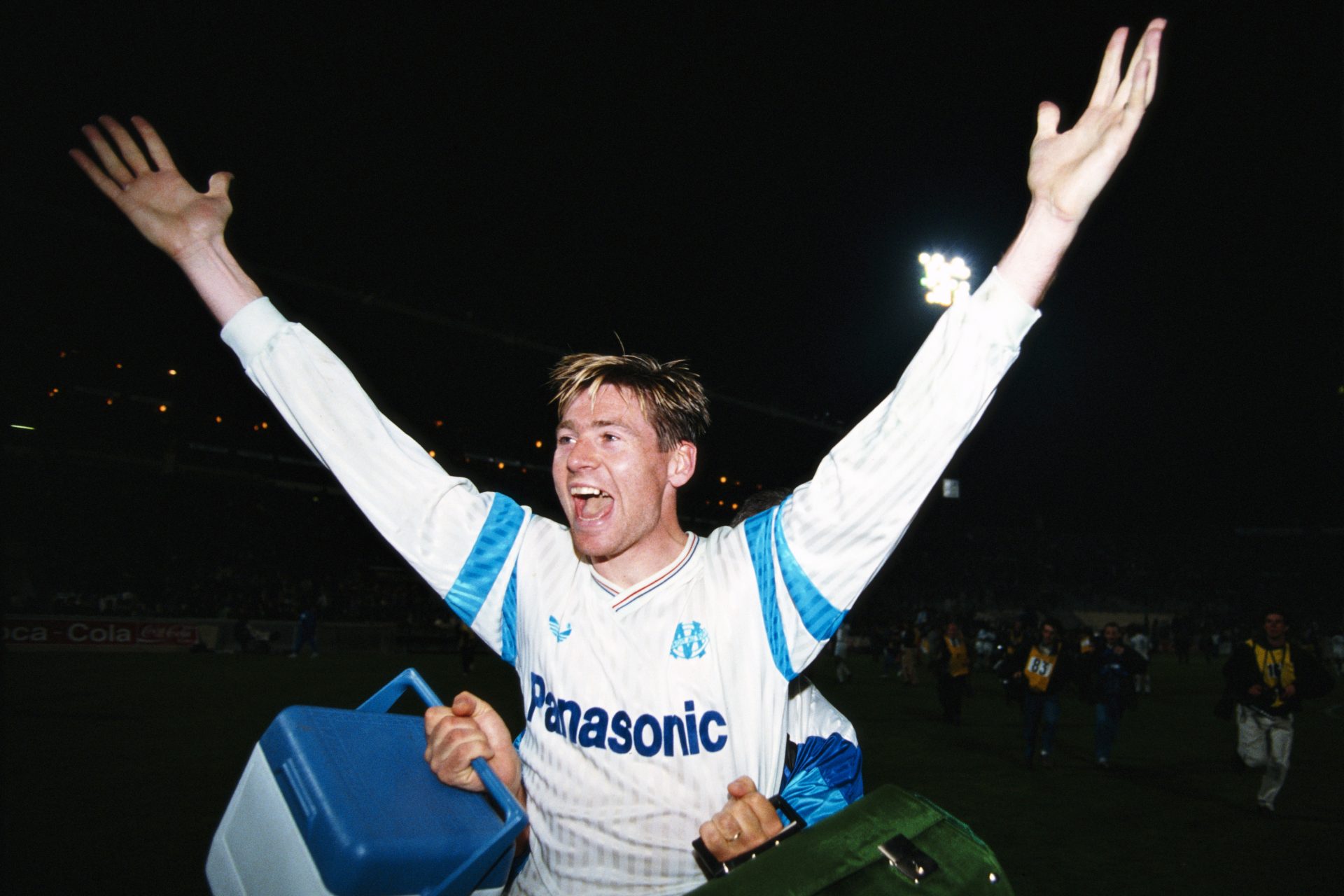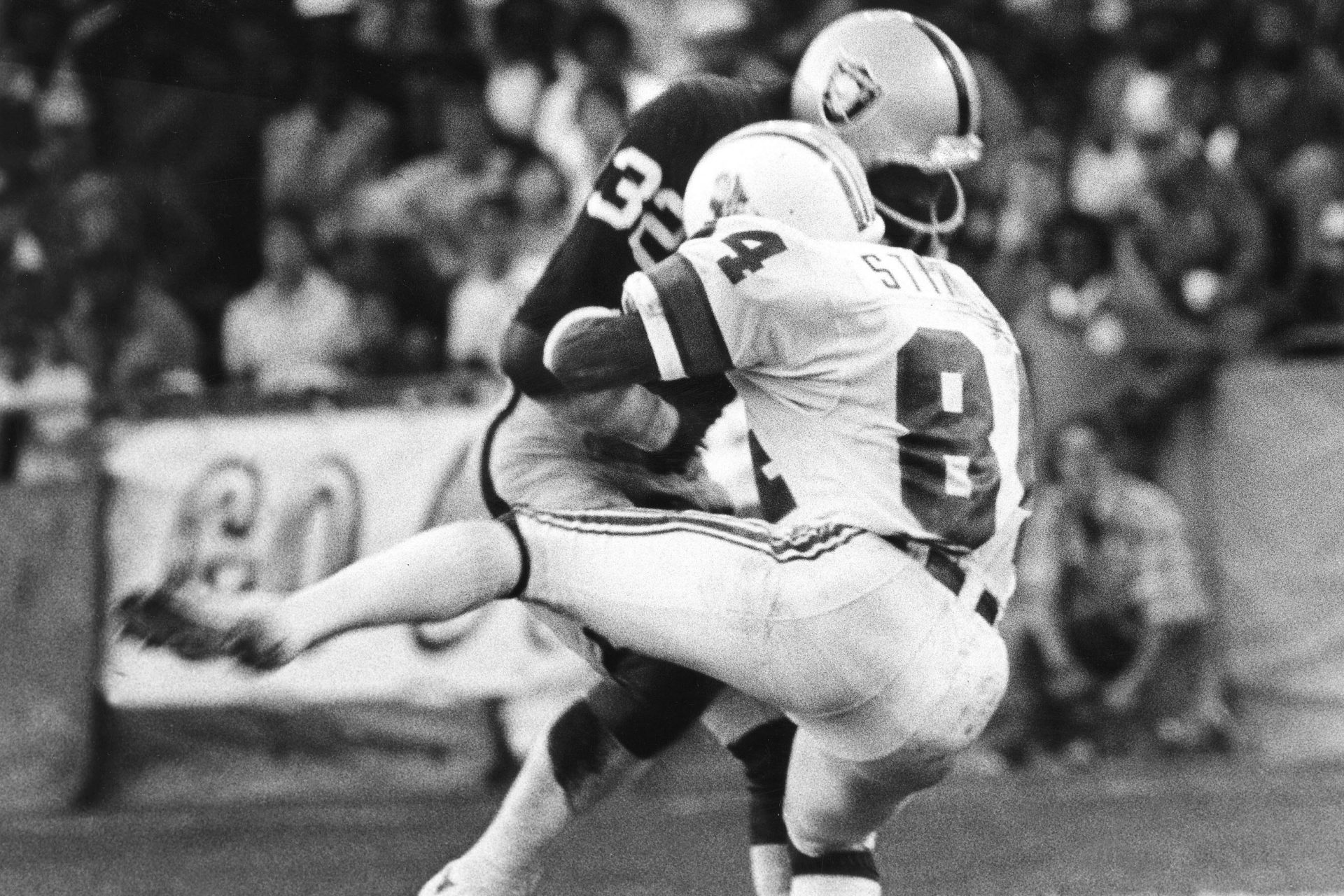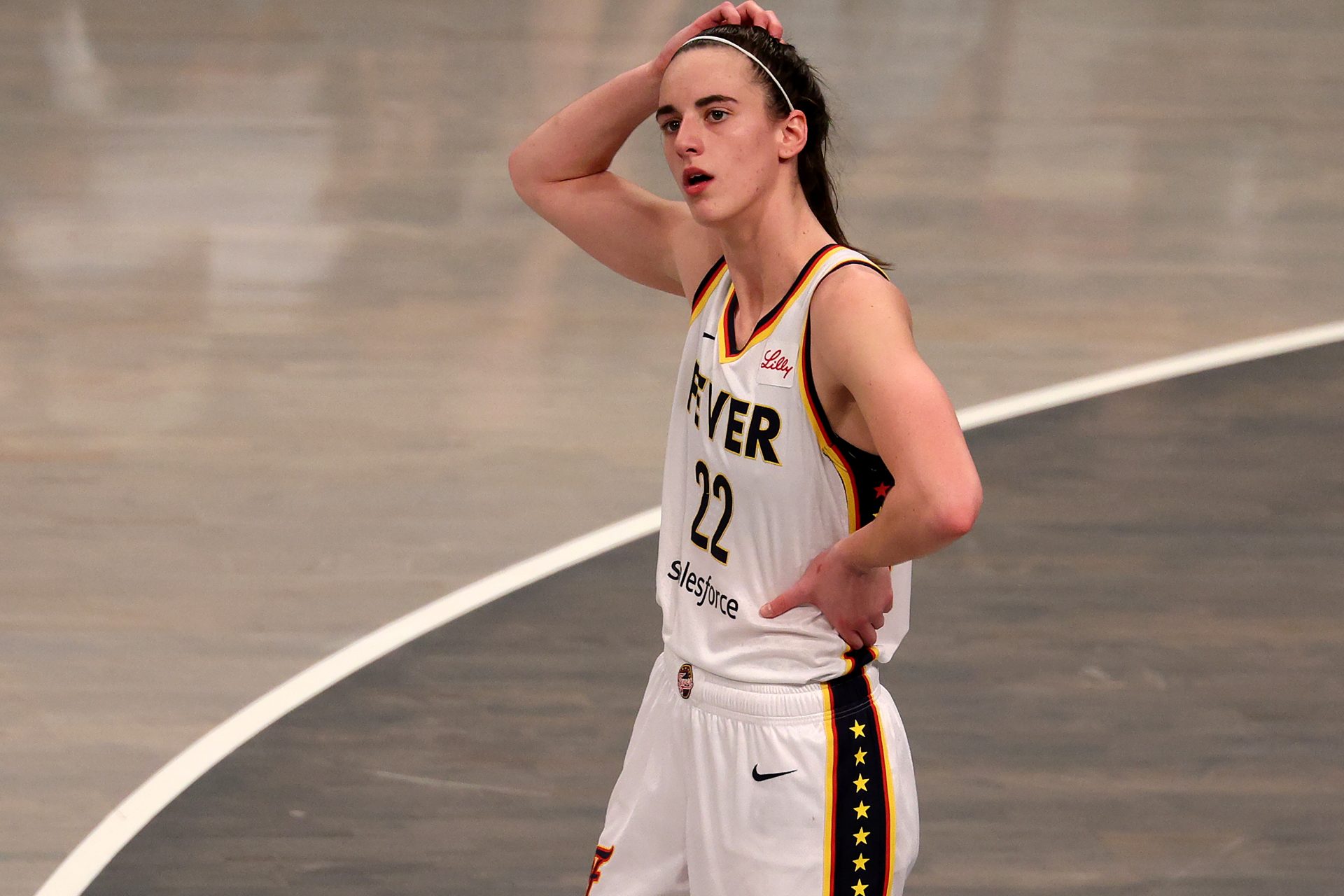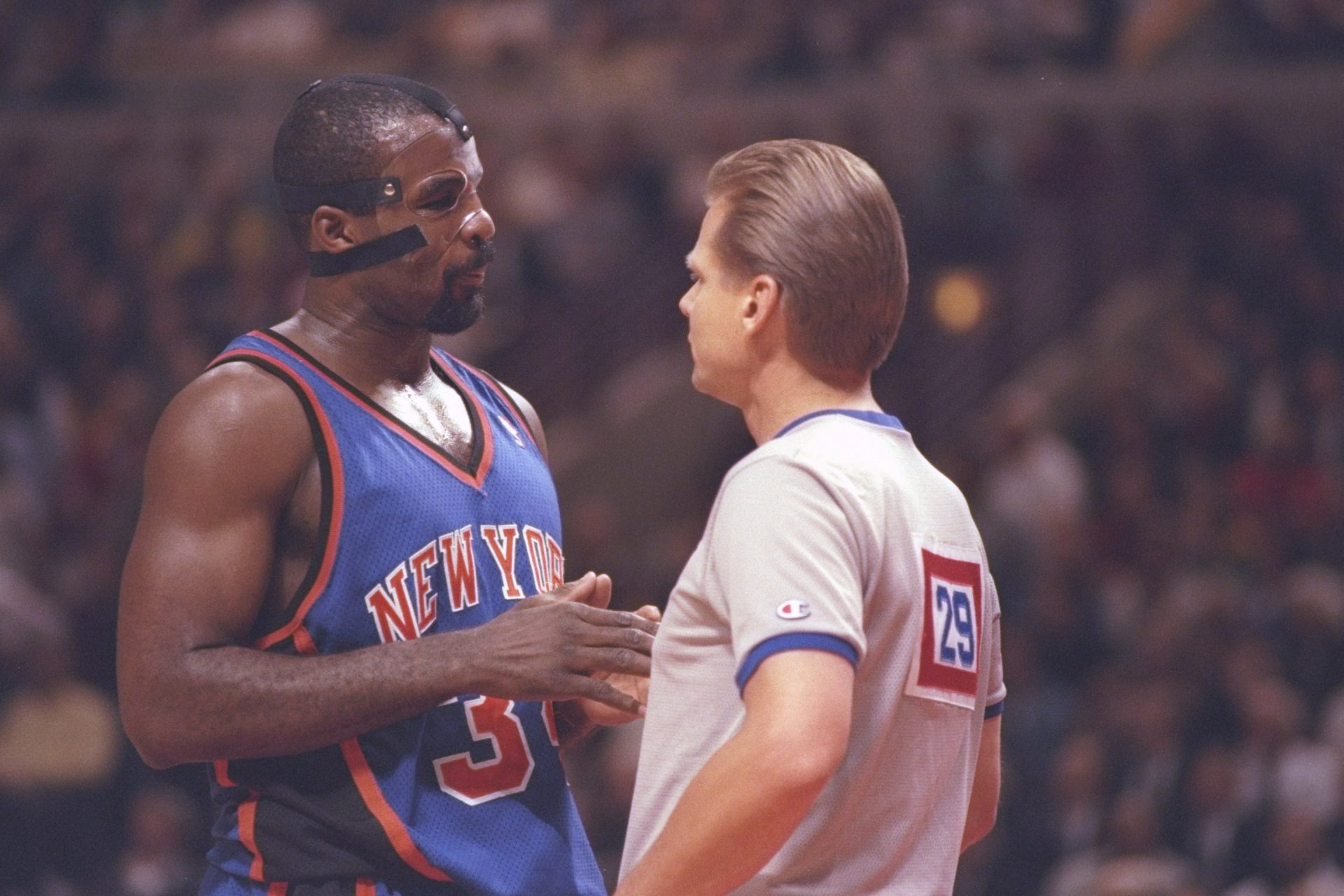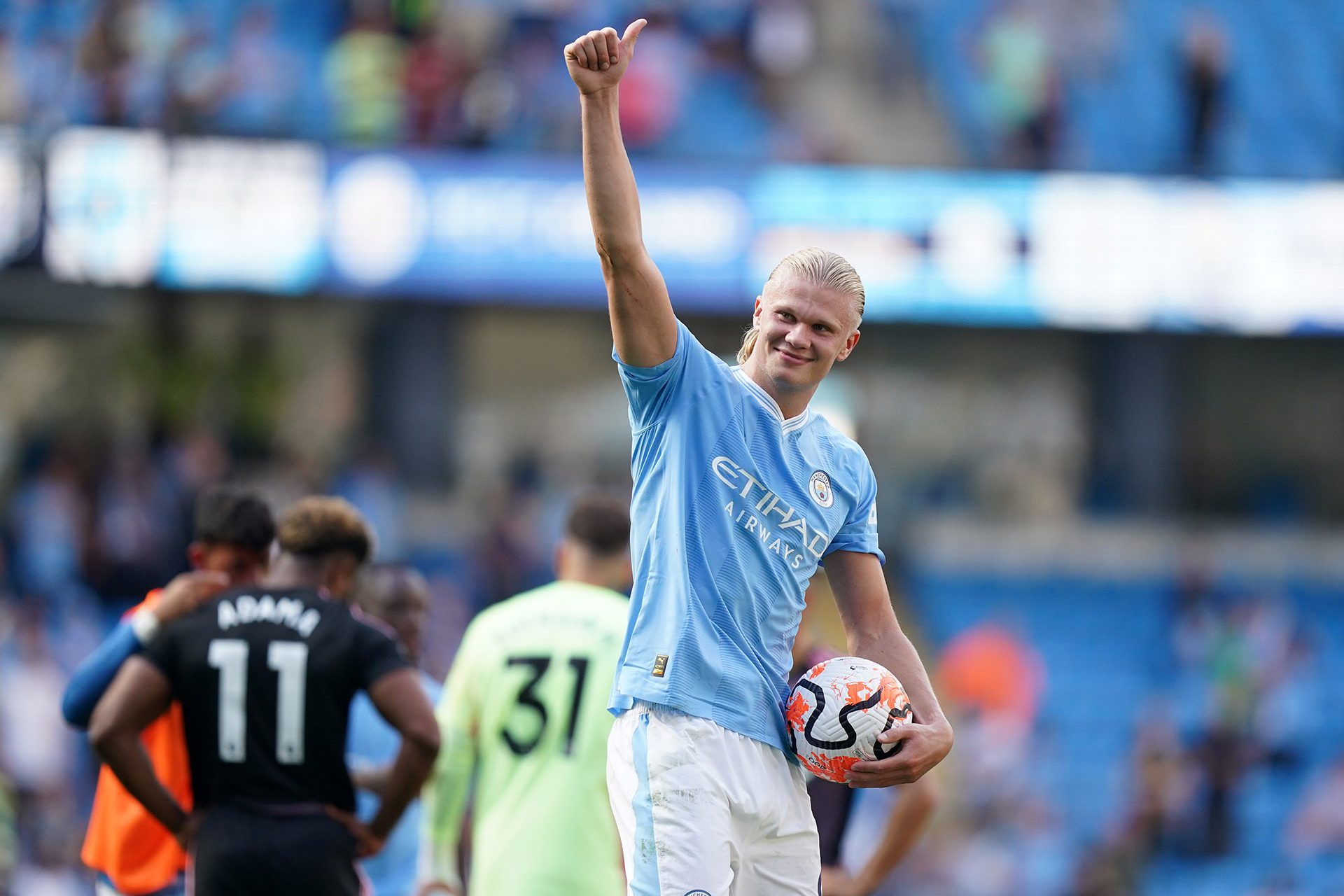30 footballers who were much better for their country than their club
Many footballers shine on the international stage despite having relatively modest club careers. Factors like tactical fit, national pride and different playing styles, more often than not, brought out the best in them. Sports Unlimited News explores 30 such players who performed better for their countries than for their clubs.
Miroslav Klose remains Germany’s all-time top scorer with 71 goals in 137 caps. He also holds the record for most goals in World Cup history with 16, according to FIFA records. Despite relatively successful club spells at Werder Bremen, Bayern Munich and Lazio, his clinical finishing and movement thrived most in Germany’s setup, particularly in tournament play.
Peter Crouch scored 22 goals in 42 appearances for England, an impressive strike rate of a goal every 1.9 games. His height and technical ability made him a valuable option at international level, particularly in qualifiers and friendlies. At club level, though he played for the likes of Liverpool and Tottenham, he was never a prolific scorer.
Want to see more like this? Follow us here for daily sports news, profiles and analysis!
David Healy scored 36 goals in 95 games for Northern Ireland, making him the nation’s all-time top scorer. He also shared the record, with Robert Lewandowski, for the most goals scored during a UEFA European Championship qualifying campaign (13), until it was surpassed by Romelu Lukaku. Healy's CV includes a stunning hat-trick against Spain and a famous winner against England in 2005. In contrast, his journeyman club career, mostly outside the top flight, never took off, and he failed to reach double figures in a single league season, according to Transfermarkt.
Lukas Podolski scored 49 goals in 130 appearances for Germany, according to DFB, excelling in Euro 2008 and the 2010 World Cup. However, his club career was inconsistent, as he struggled for form and a regular starting berth at Bayern Munich and Arsenal. However, both Jürgen Klinsmann and Joachin Löw found the key to channel his powerful left foot and direct style into a useful asset for the national team.
Sergio Romero earned 96 caps for Argentina and played a crucial role in their 2014 World Cup run to the final, becoming the hero in the semi-final penalty shootout against the Netherlands. But despite his international success, he spent most of his club career as a backup, including years as Manchester United’s second-choice goalkeeper. His best performances were always for Argentina.
Asamoah Gyan is Ghana’s all-time leading scorer with 51 goals in 109 caps. He scored in three consecutive World Cups (2006, 2010 and 2014), including a famous winner against the USA in 2010. His club career was nomadic, spanning leagues in the UAE, China and India without consistent top-level success. His greatest moments undoubtedly came in Ghanaian colours.
Robson-Kanu became a national hero with his stunning Cruyff-turn goal against Belgium in Euro 2016, playing a vital role in Wales’ historic run to the semi-finals. However, at club level, he mostly played in the Championship, the English second tier, and never had a prolific season. It's fair to say his international peak far exceeded his club career.
With over 100 caps and as one of Switzerland’s all-time top scorers, Shaqiri has delivered in multiple major tournaments, becoming the first player to score at the last six major international championships (2014 World Cup, Euro 2016, 2018 World Cup, Euro 2020, 2022 World Cup and Euro 2024), as reported by AP News. Though he has played for enormous clubs such as Bayern Munich, Inter Milan and Liverpool, he was never a regular starter at any of them. His explosive performances—and knack for scoring spectacular goals for Switzerland—remain his defining legacy.
Harry Maguire was a key defender for England during Gareth Southgate's tenure, particularly excelling in the 2018 World Cup and Euro 2020. His aerial dominance and composure helped England reach their first major final in over 50 years. However, at Manchester United, he continues to face frequent criticism and has had a tumultuous relationship with successive managers, being stripped of the captaincy and finding himself in and out of the team.
Karel Poborsky’s lofted goal against Portugal in Euro 1996 remains one of the tournament’s most memorable moments. He played a key role in the Czech Republic’s run to the final, earning a move to Manchester United. However, his club career never reached great heights, and he struggled for consistency at United and Lazio.
Keisuke Honda was Japan’s standout performer in multiple World Cups, scoring crucial goals in 2010, 2014 and 2018. In doing so, he became the first Japanese player to score in three different World Cups. While he had a decent club career, including a spell at AC Milan, he never truly dominated at club level. His leadership and flair shone brightest in international tournaments.
Angelos Charisteas wrote himself into history by scoring the winning goal in the Euro 2004 final against Portugal. He also scored in the quarter-finals and semi-finals, making him a key part of Greece’s shock triumph. However, his club career was largely unremarkable, with brief spells at Dutch giants Ajax and Feyenoord, followed by a period of club-hopping in Germany, France and, eventually, Saudi Arabia.
Ali Daei scored 109 goals in 148 games for Iran, holding the record for most international goals until he was surpassed by Cristiano Ronaldo in 2021 and again by Lionel Messi in 2024, according to FIFA. His club career included a brief spell at Bayern Munich, but he never became a top European striker, doing much of his good work in Asian football.
Milan Baros (left) won the Golden Boot at Euro 2004 with five goals, leading the Czech Republic to the semi-finals. He had a decent club career, including a Champions League win with Liverpool, but he never proved himself as a prolific striker, finding his level at Portsmouth under Harry Redknapp's leadership.
Jordan Pickford has been a crucial part of England’s recent tournament success under Gareth Southgate, saving penalties in England’s first-ever World Cup shootout victory against Colombia during Russia 2018. His club career with Sunderland and then Everton has been solid, but less impressive, with occasional inconsistency and error-strewn performances. For England, though, he remains practically flawless.
Aljoša Asanović was instrumental in Croatia’s third-place finish at the 1998 World Cup; his vision and technical ability made him a key creative force in the side's midfield. His club career, however, was less notable, with short spells across various European leagues, including with Derby County, Montpellier, Metz, Napoli and Panathinaikos, where he enjoyed minimal success. Despite this, bizarrely, he is considered one of his country's best ever.
Johnny Heitinga earned over 80 caps for the Netherlands and played a crucial role in their run to the 2010 World Cup final. A disciplined and versatile defender, he was a vital cog in the Dutch backline for many years despite a less-than-remarkable club career, the highlight of which was a decent five-year spell at Everton.
Want to see more like this? Follow us here for daily sports news, profiles and analysis!
Jozy Altidore scored 42 goals for the USA, making him one of their all-time top scorers and a key figure in multiple CONCACAF Gold Cup wins and World Cup campaigns. However, his club career was inconsistent, and he struggled badly in the Premier League with Sunderland, scoring just three goals in 52 appearances for the Black Cats, according to Transfermarkt. Other than a prolific spell with AZ in the Netherlands, Altidore was never able to show his international form at club level.
You could be forgiven for forgetting that Joan Capdevila was Spain’s starting left-back during their golden era. He was a part of the side that won Euro 2008 and the 2010 World Cup, providing defensive stability to a team full of attacking stars. However, though his club career included a long spell at Villarreal, he never played for one of Spain's big two nor became a global name.
Anders Svensson earned 148 caps for Sweden, making him the nation’s most-capped male player. He was a key figure in Sweden’s strong showings at the 2002 and 2006 World Cups, scoring a famous free-kick winner against Argentina in 2002. However, his club career, mostly spent in Sweden with Elfsborg, was solid but never spectacular. His international leadership and consistency defined his career.
Eduardo Vargas was instrumental in Chile’s back-to-back Copa América triumphs in 2015 and 2016, finishing as the tournament’s top scorer both times. While his 40 international goals place him among Chile’s greatest-ever forwards, he never settled at a top club, bouncing between Europe, South America and Mexico, saving his best form for the national team.
Fabio Grosso’s 119th-minute winner against Germany in the 2006 World Cup semi-finals remains unforgettable. The left-back’s curling strike past Jens Lehmann sealed an iconic moment in a great match. Then, five days later, he coolly converted the decisive penalty in Italy’s final shootout win over France. A surprise revelation at 28, Grosso had played in lower divisions until 23 and remained under the radar at Perugia and Palermo. He joined Inter Milan after the World Cup, but his club career faltered, with poor spells at Lyon and Juventus. For Italy, however, he was a colossus, shining again at Euro 2008.
Jared Borgetti scored 46 goals in 89 games for Mexico, making him his nation's second all-time leading goalscorer, behind Javier Hernández. The towering forward's looping header against Italy in the 2002 World Cup remains one of Mexico’s most iconic goals. But despite dominating in Mexican football, he struggled in Europe, notably during a short, unimpressive spell at Bolton Wanderers.
Carlos Valderrama was the heartbeat of Colombia’s golden generation, captaining the team at three consecutive World Cups (1990, 1994 and 1998). His incredible passing, vision and flamboyant playing style made him one of the most recognisable footballers in history. With brief spells in Europe at Montpellier and Real Valladolid, he never truly shined at the club level, spending much of his career in South America and MLS. Instead, his 111 caps and impact on Colombian football cement his legacy.
Landon Donovan remains the USA’s joint top scorer (with Clint Dempsey) on 57 international goals and is the country’s all-time assist leader. He was the face of American "soccer" for over a decade, starring in three World Cups and delivering unforgettable moments, such as his dramatic stoppage-time winner against Algeria in 2010. Despite brief European stints with Bayer Leverkusen, Bayern Munich and Everton, he never secured a permanent top-tier European move. His international legacy, including four CONCACAF Gold Cup wins, far outweighs his club success.
Stern John is the all-time leading scorer for Trinidad and Tobago, netting 70 goals in 115 caps. He played a crucial role in their historic qualification for the 2006 World Cup, the nation’s first and only appearance on football’s biggest stage. While he had a respectable club career in England’s lower leagues with Birmingham City and Nottingham Forest, he never played at the highest level of European football.
Claudio Caniggia (left) shone at the 1990 World Cup, linking well with Diego Maradona (right) as Argentina reached a second straight final. He was key in their 1991 Copa América win, too, and played in the 1994 World Cup, earning 50 caps and scoring 16 goals. However, his club success was limited—he only won trophies at River Plate before breaking into the team, and his time in Italy was blighted by a 13-month ban for taking cocaine. Later, he claimed silverware with Rangers in Scotland and won the Qatar Cup with Qatar SC.
Dunga captained Brazil to their 1994 World Cup triumph, leading with defensive discipline and tactical intelligence. He also played a key role in Brazil’s run to the 1998 World Cup final, showcasing his leadership and ability to control the midfield. But while he had a solid club career in Brazil, Italy, Germany and Japan, he was never considered one of the world’s best club players.
Guillermo Ochoa has built a reputation as a World Cup specialist, producing heroic performances for Mexico in multiple tournaments. He made 11 saves in a stunning display against Brazil in 2014 and was equally impressive against Germany in 2018. Despite his international brilliance, he never secured a move to an elite European club, spending most of his career at mid-table teams like Standard Liège, Málaga and Ajaccio. His five World Cup appearances and consistent performances for El Tri have made him a national icon.
Andrej Kramarić has been a key player for Croatia, particularly in their 2018 and 2022 World Cup runs, scoring crucial goals in both tournaments. He has 30 goals in over 100 caps, making him one of Croatia’s top scorers. But despite proving his importance on the big stage, his club career has been inconsistent: he had an unsuccessful spell at Leicester City before finding stability at Hoffenheim in the Bundesliga.
Want to see more like this? Follow us here for daily sports news, profiles and analysis!
More for you
Top Stories




